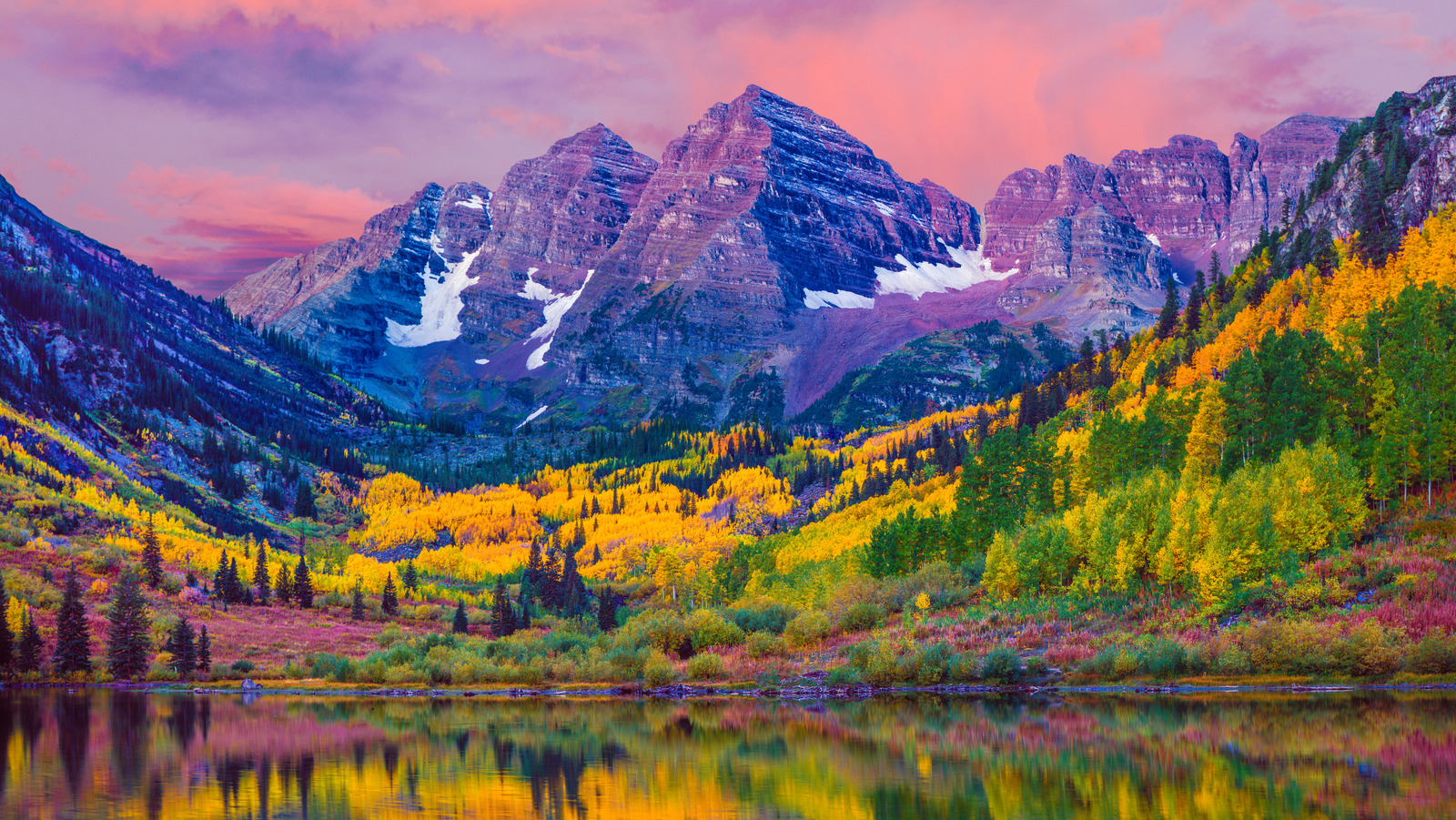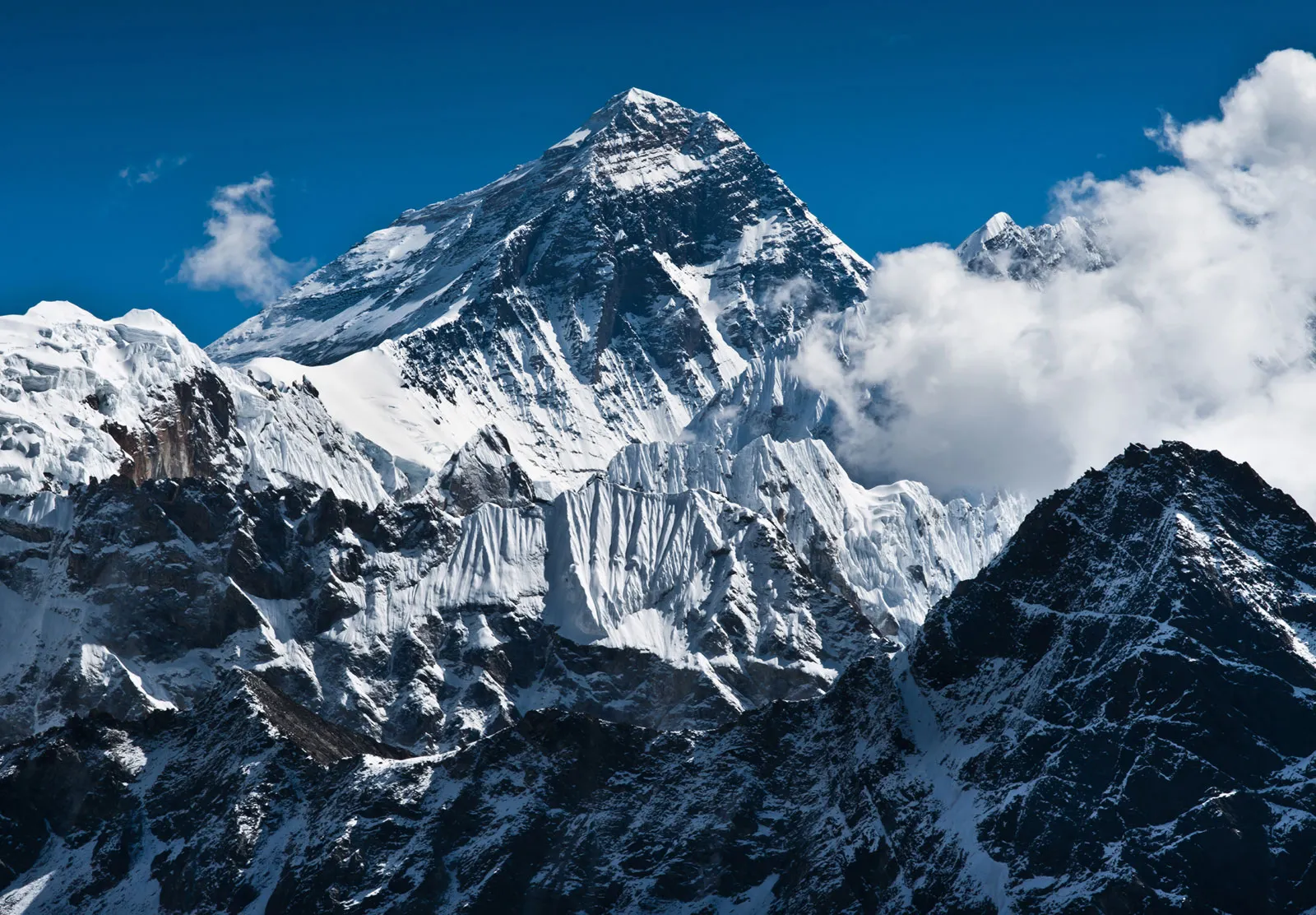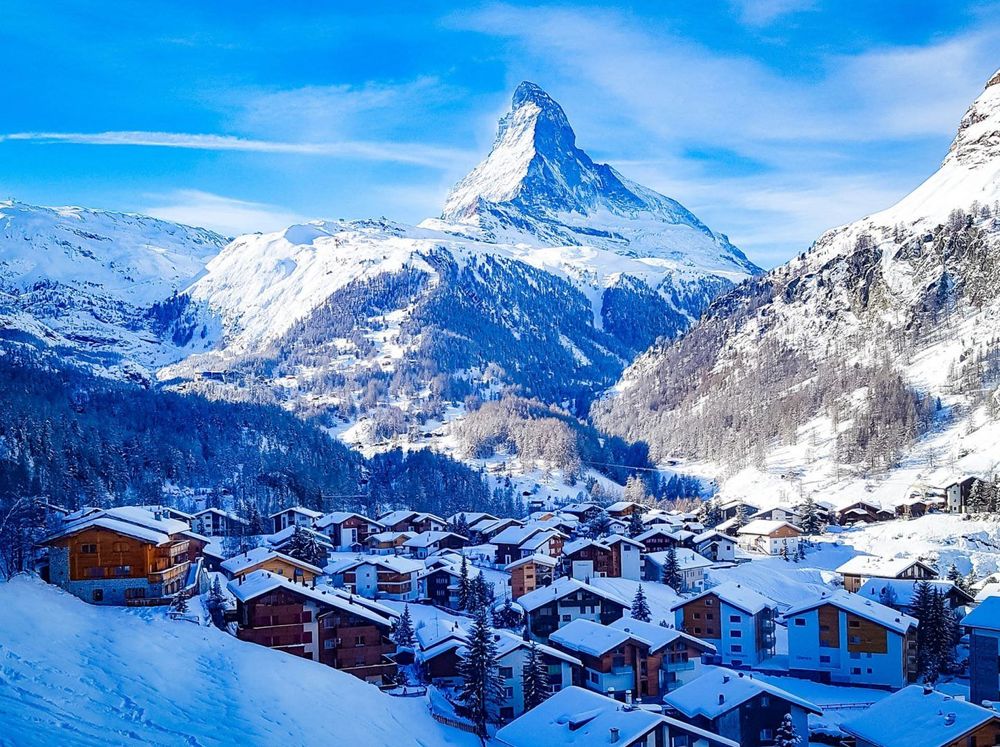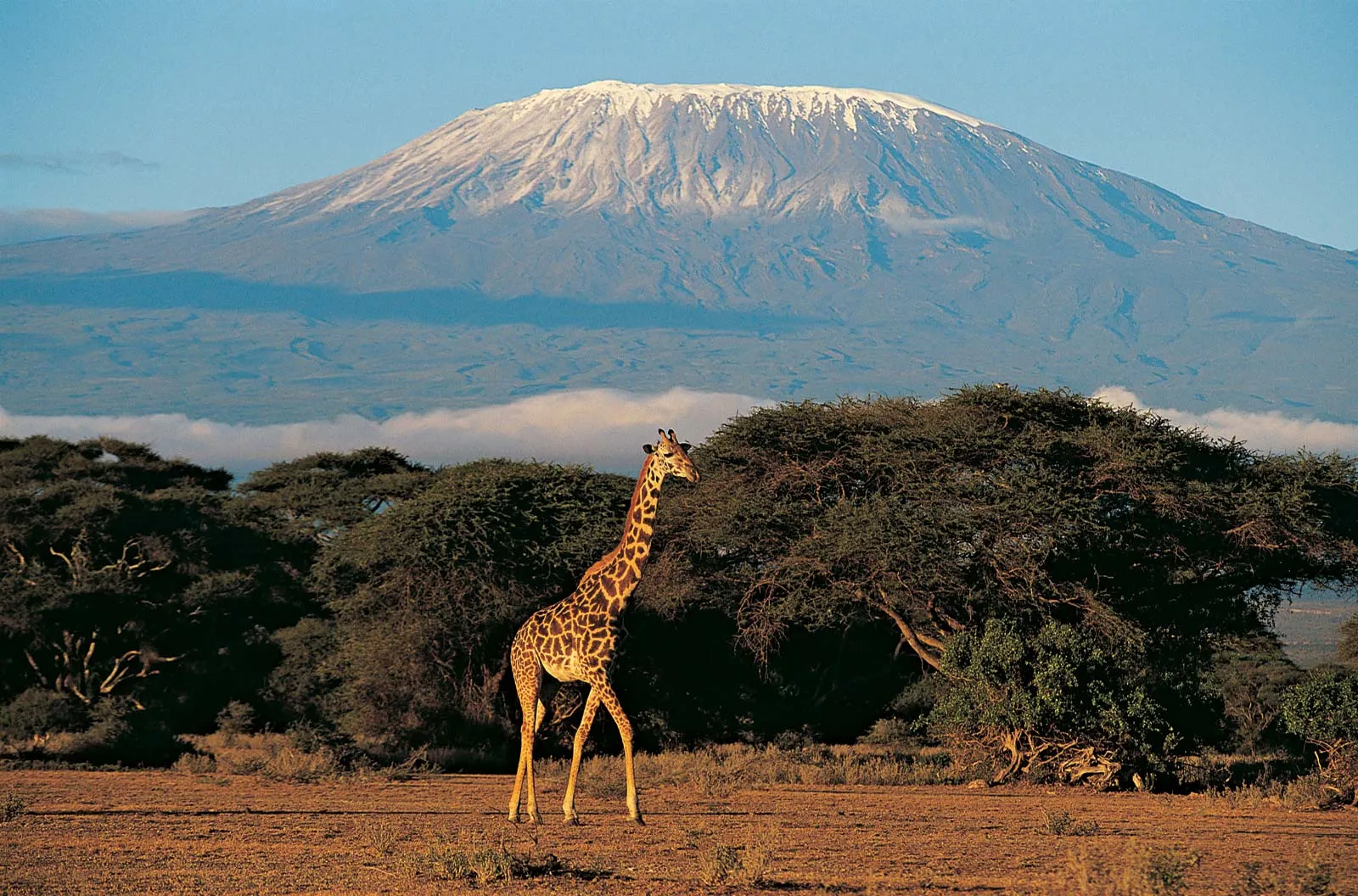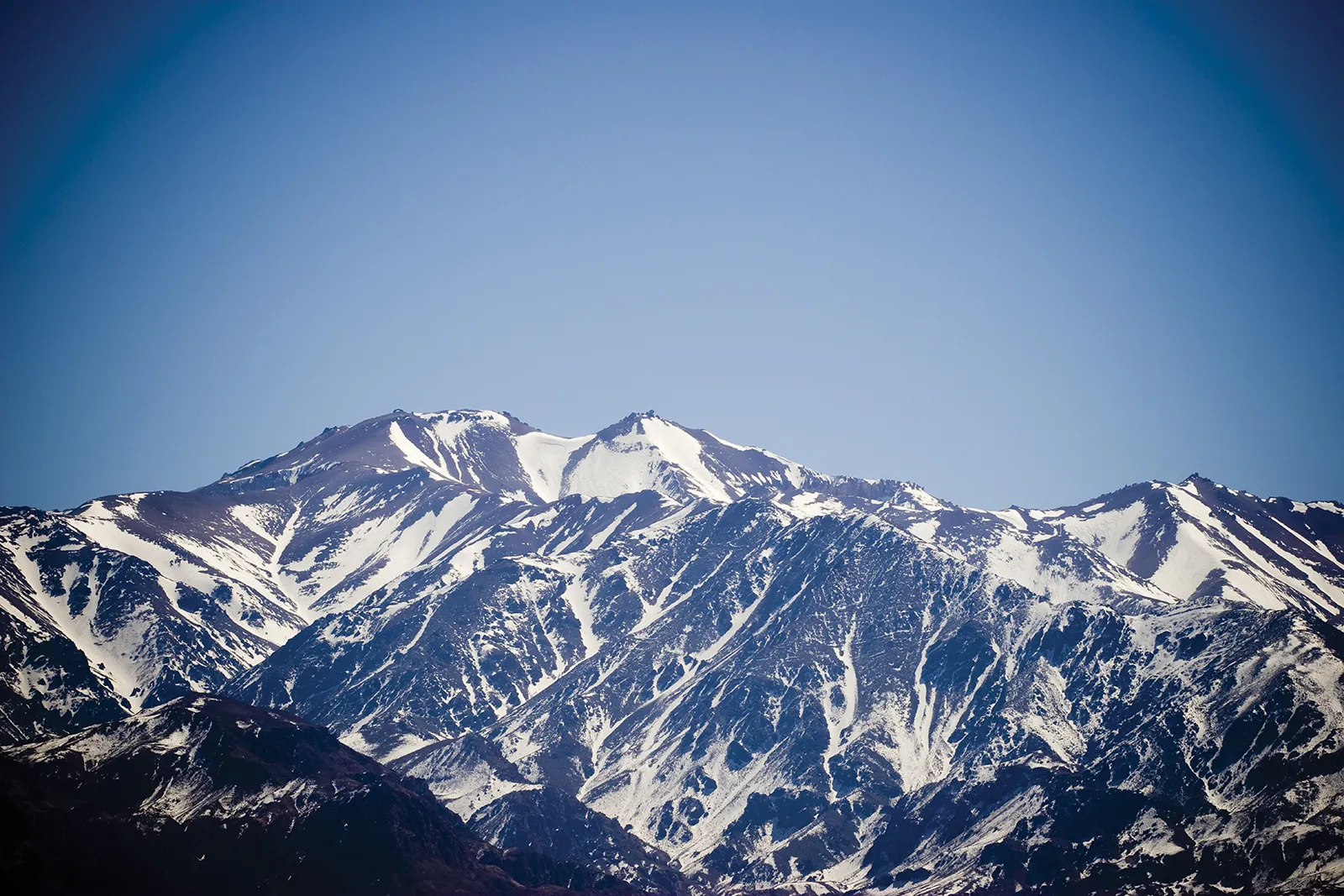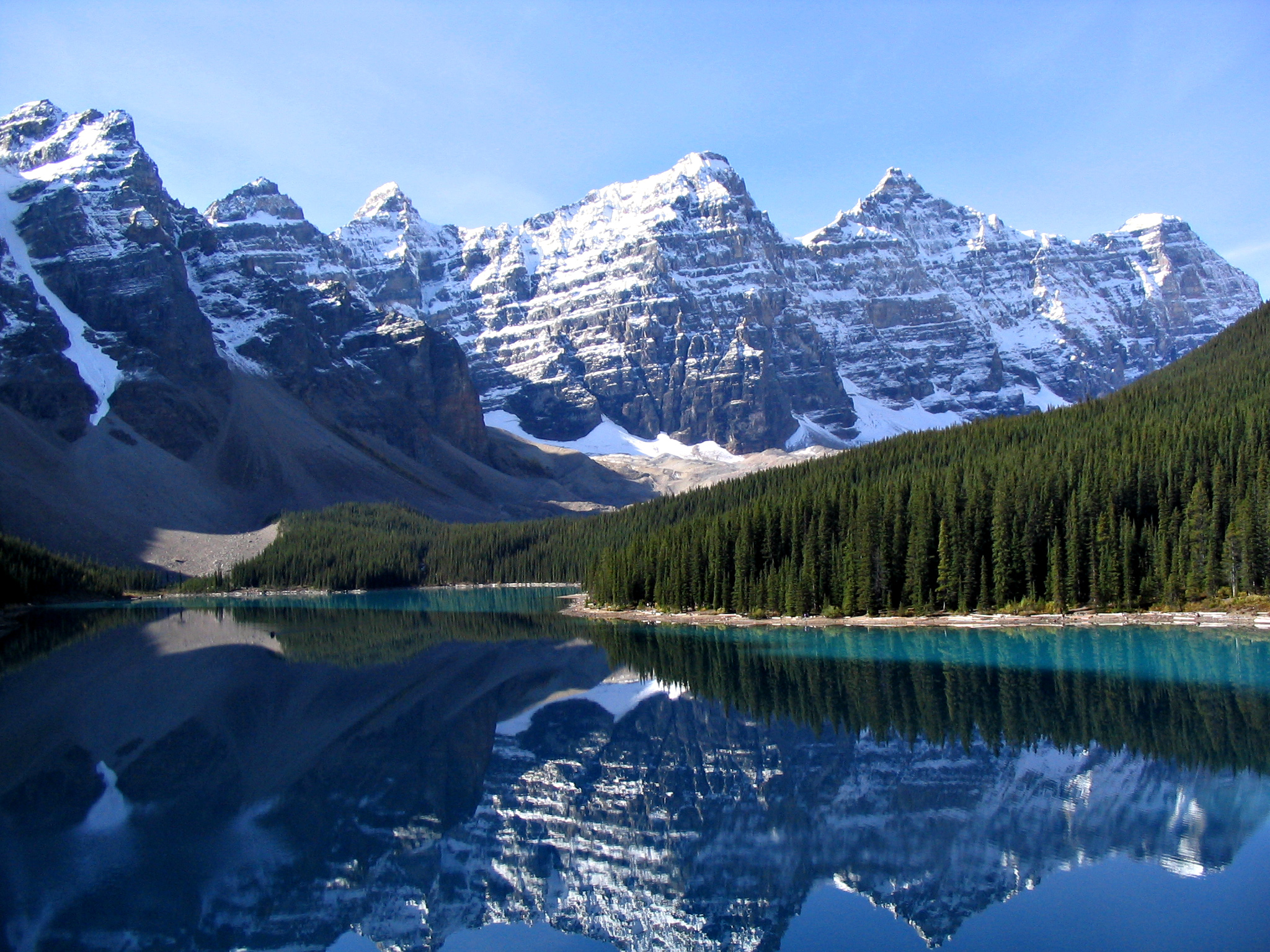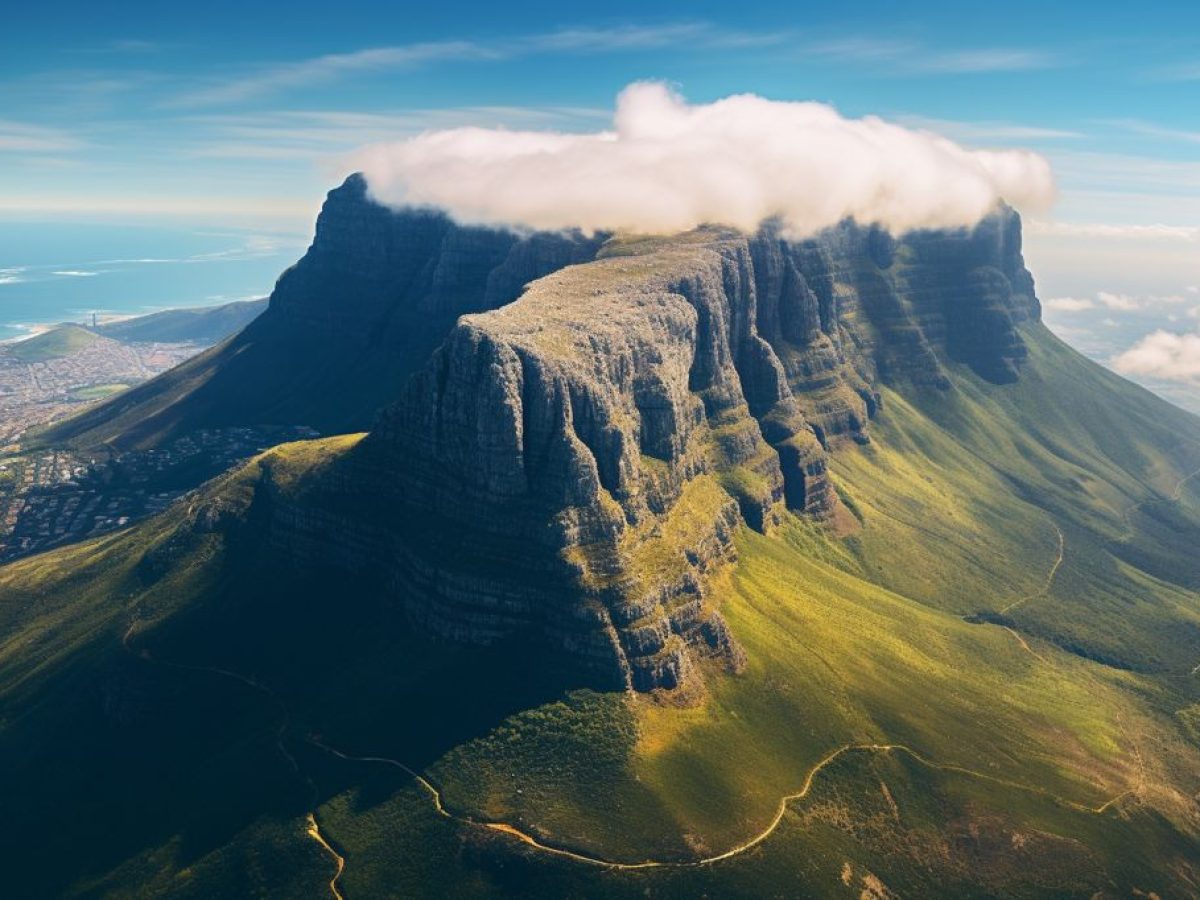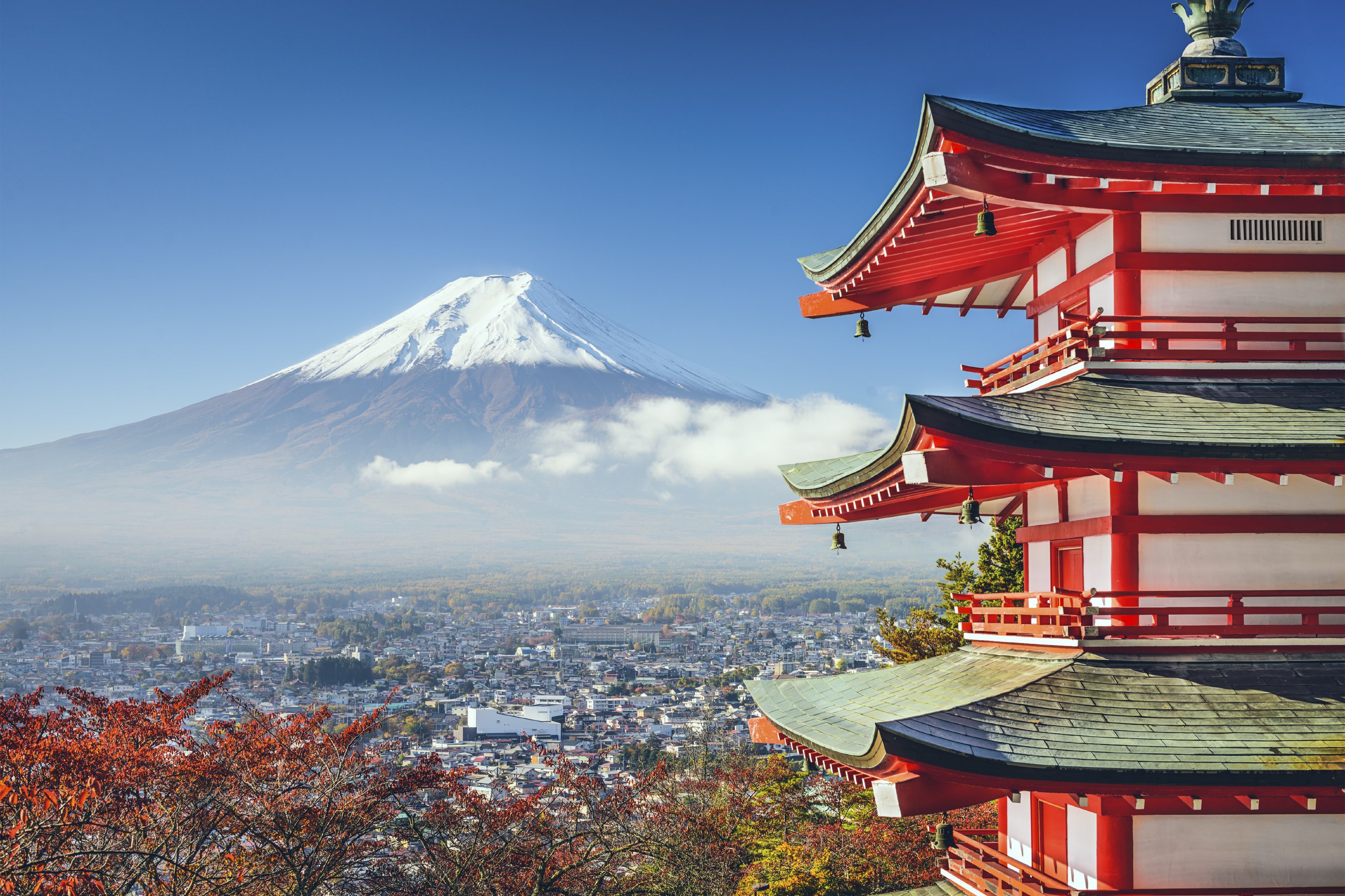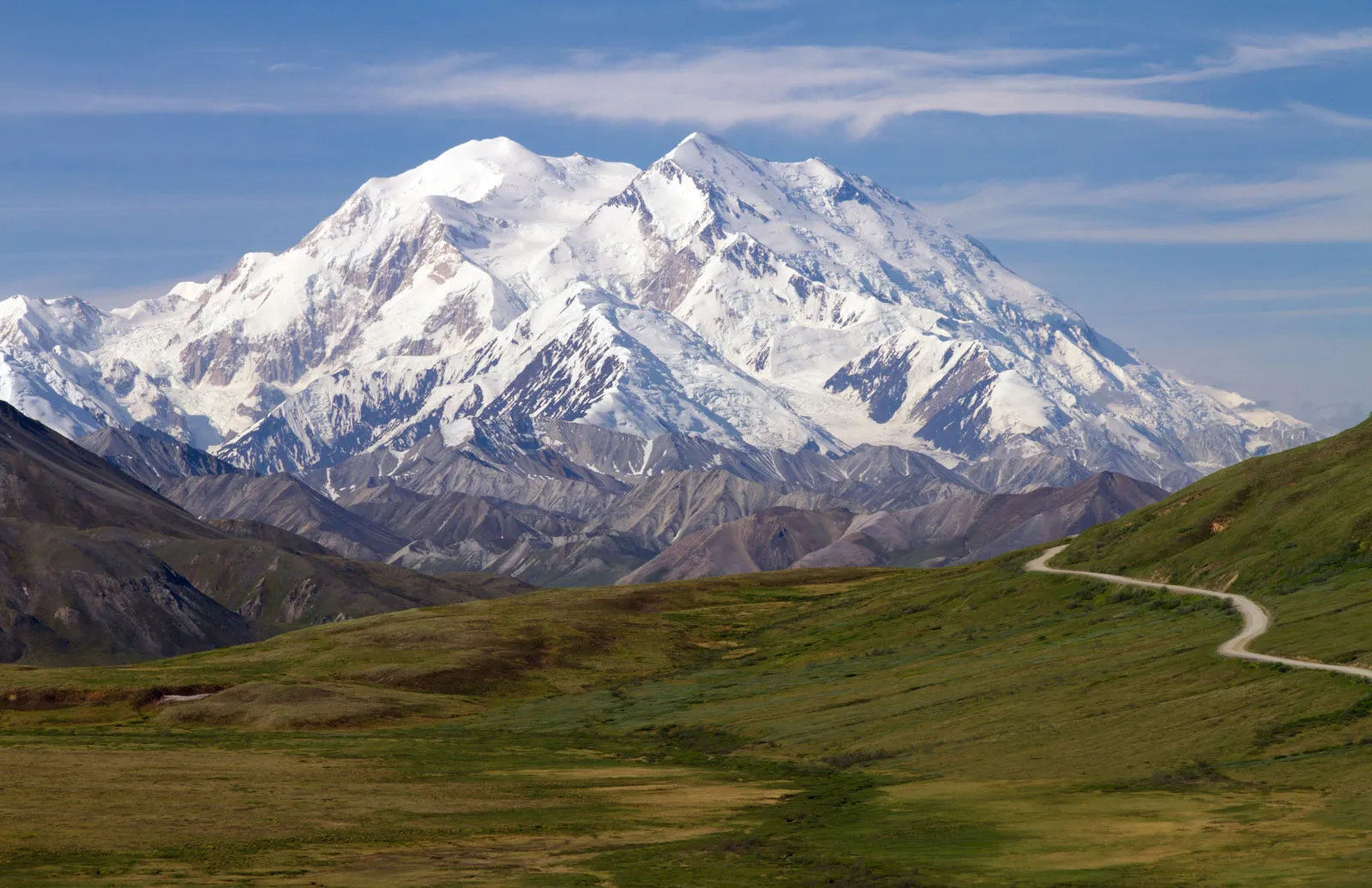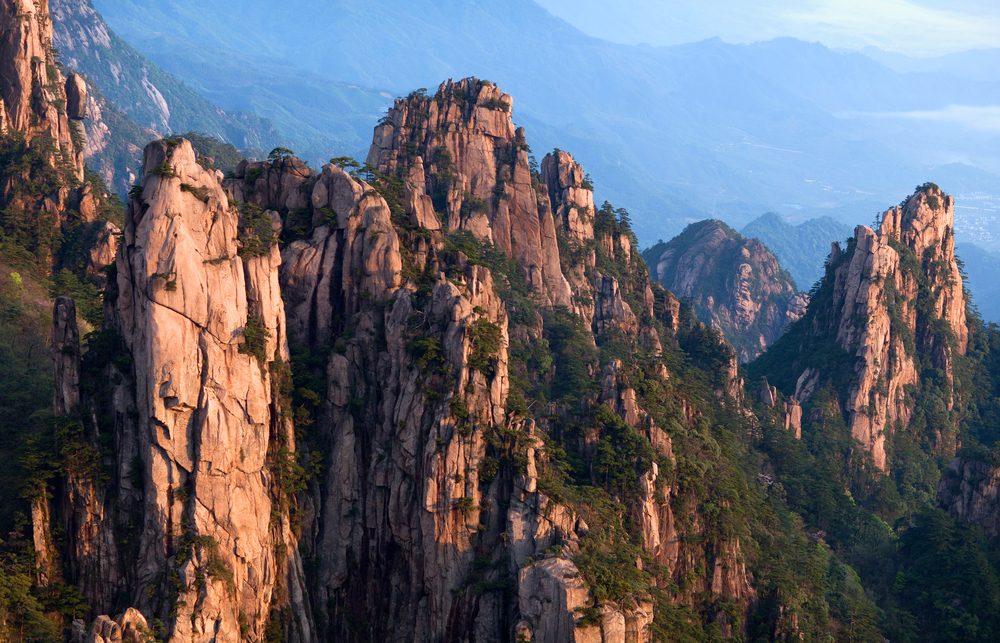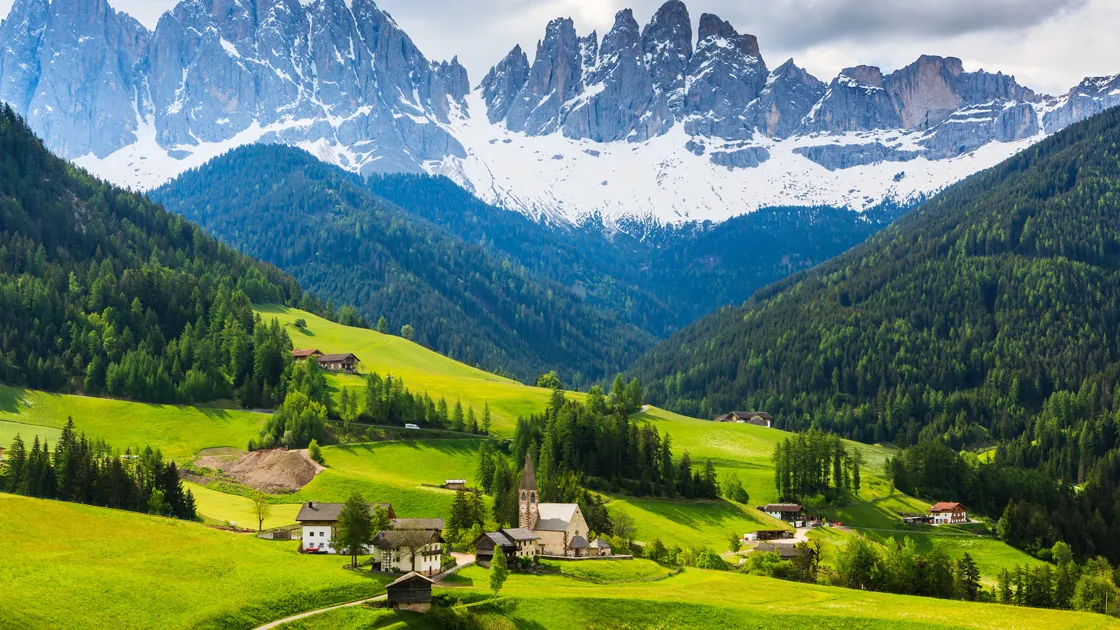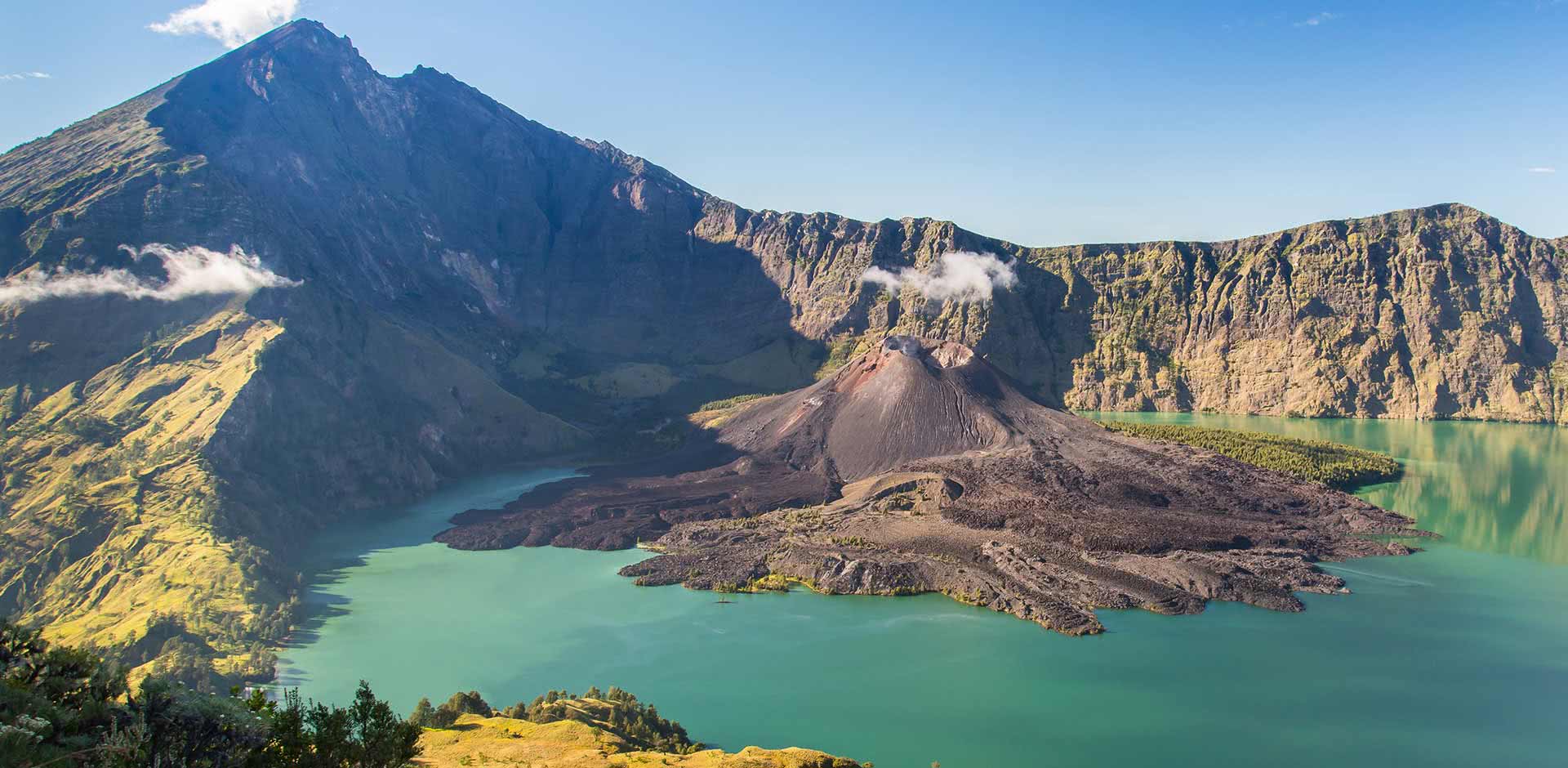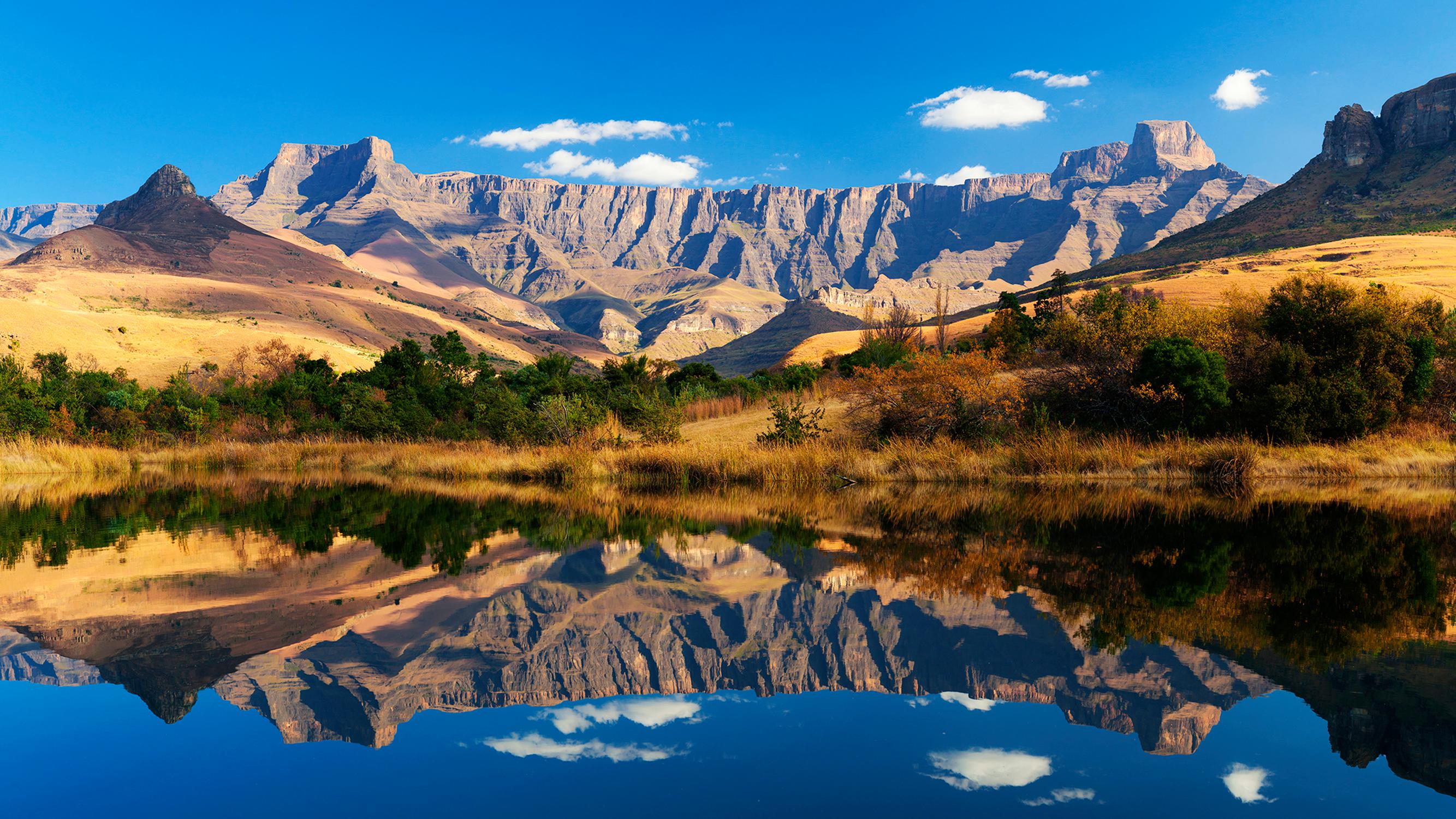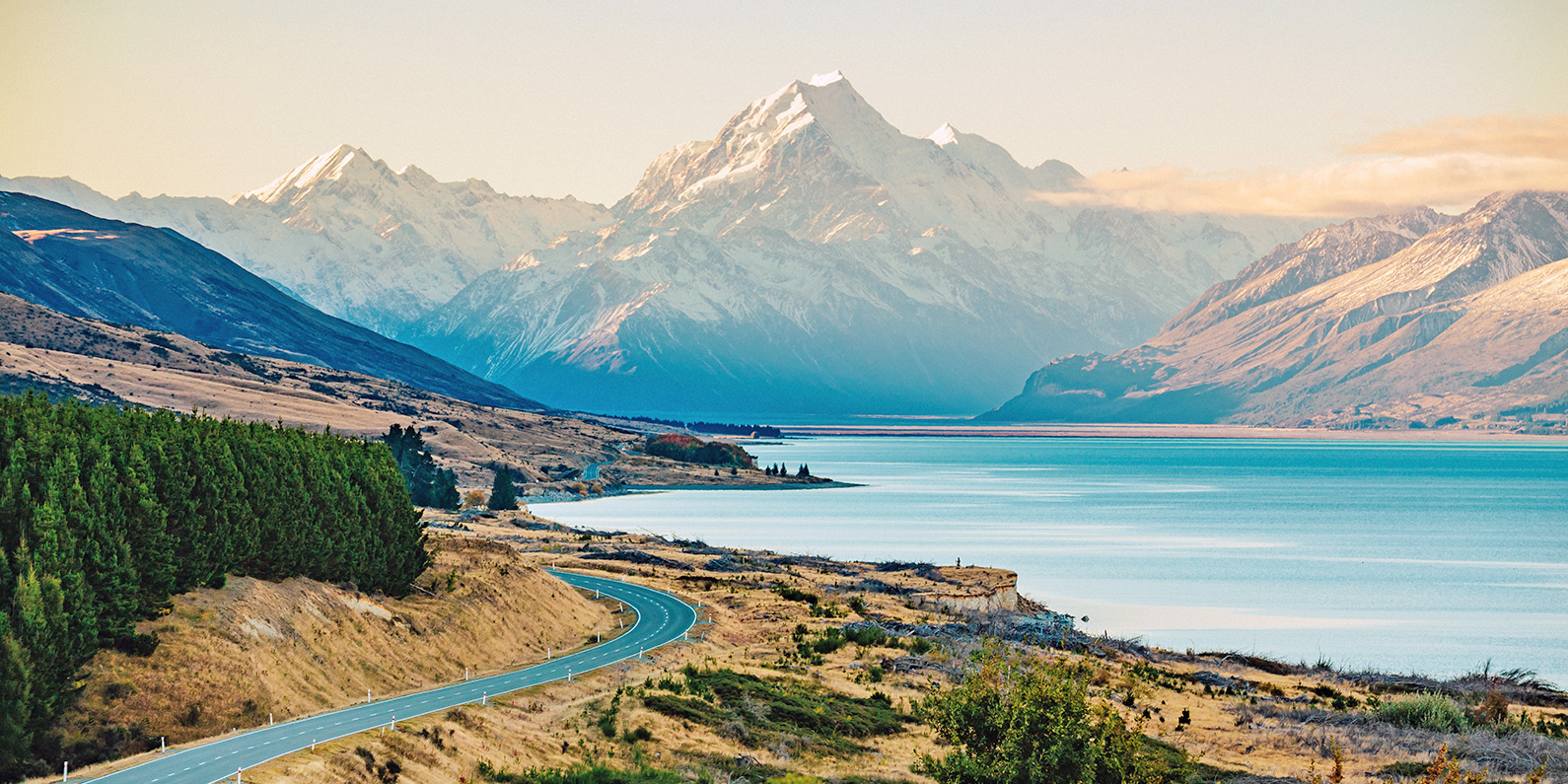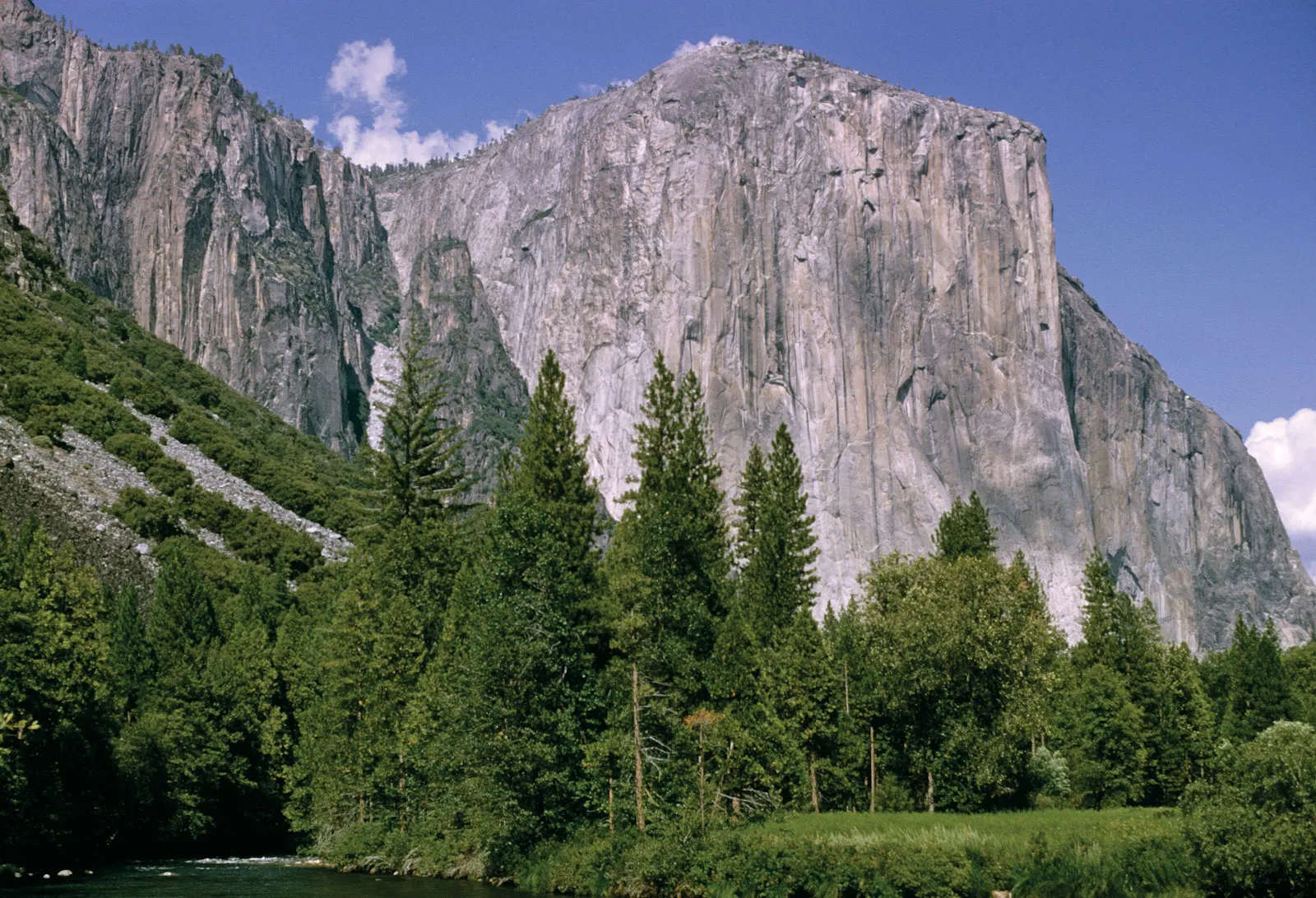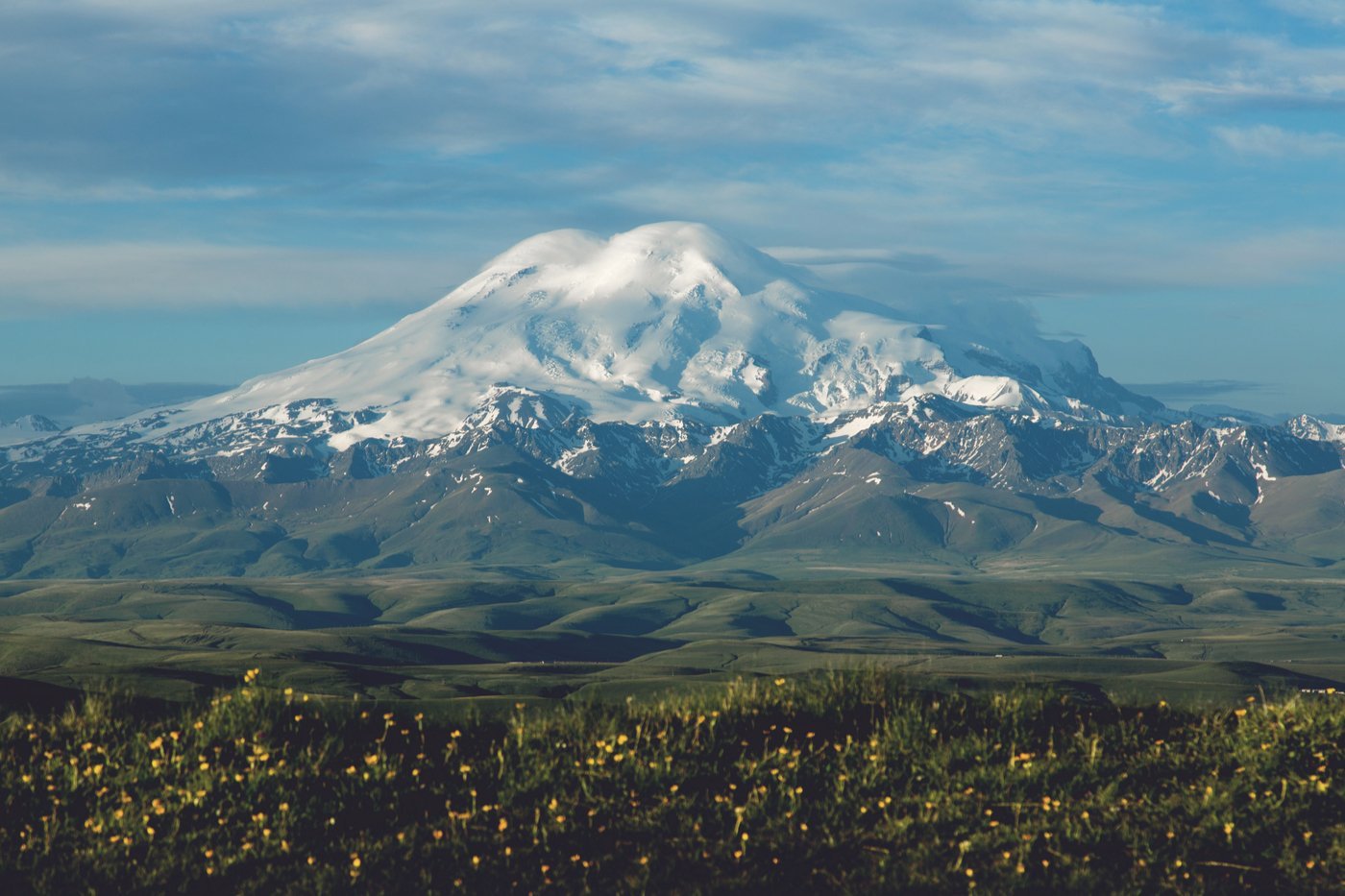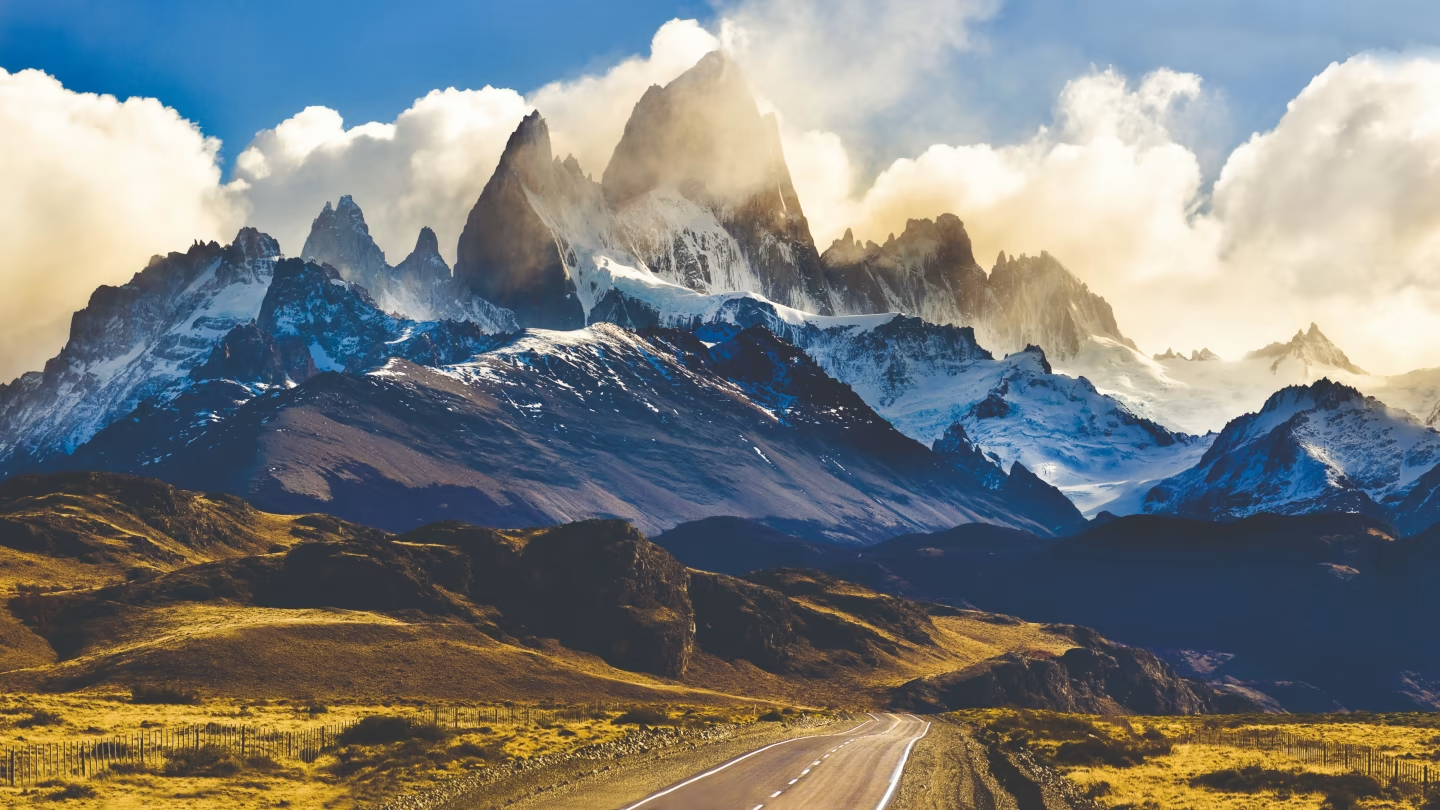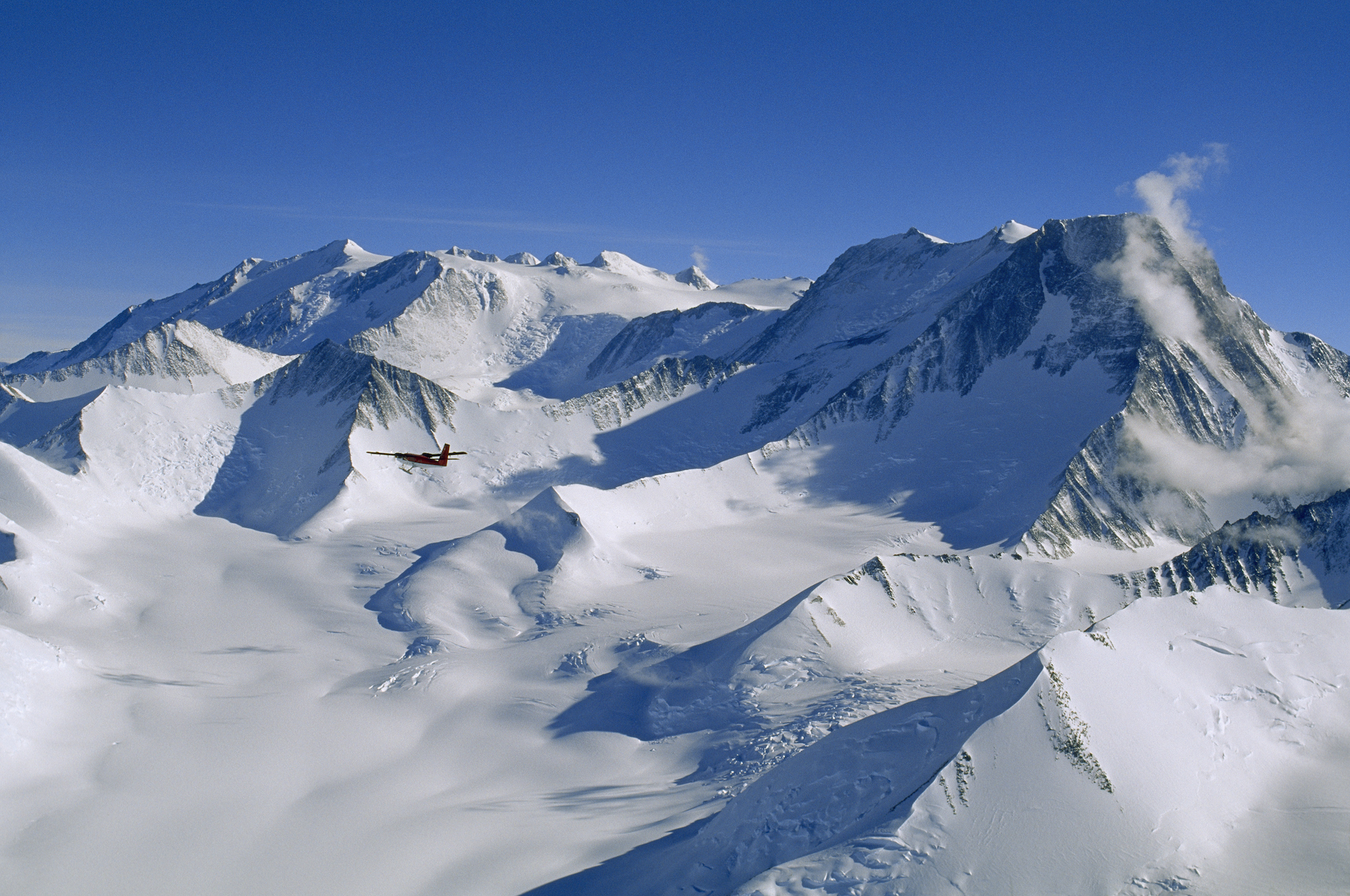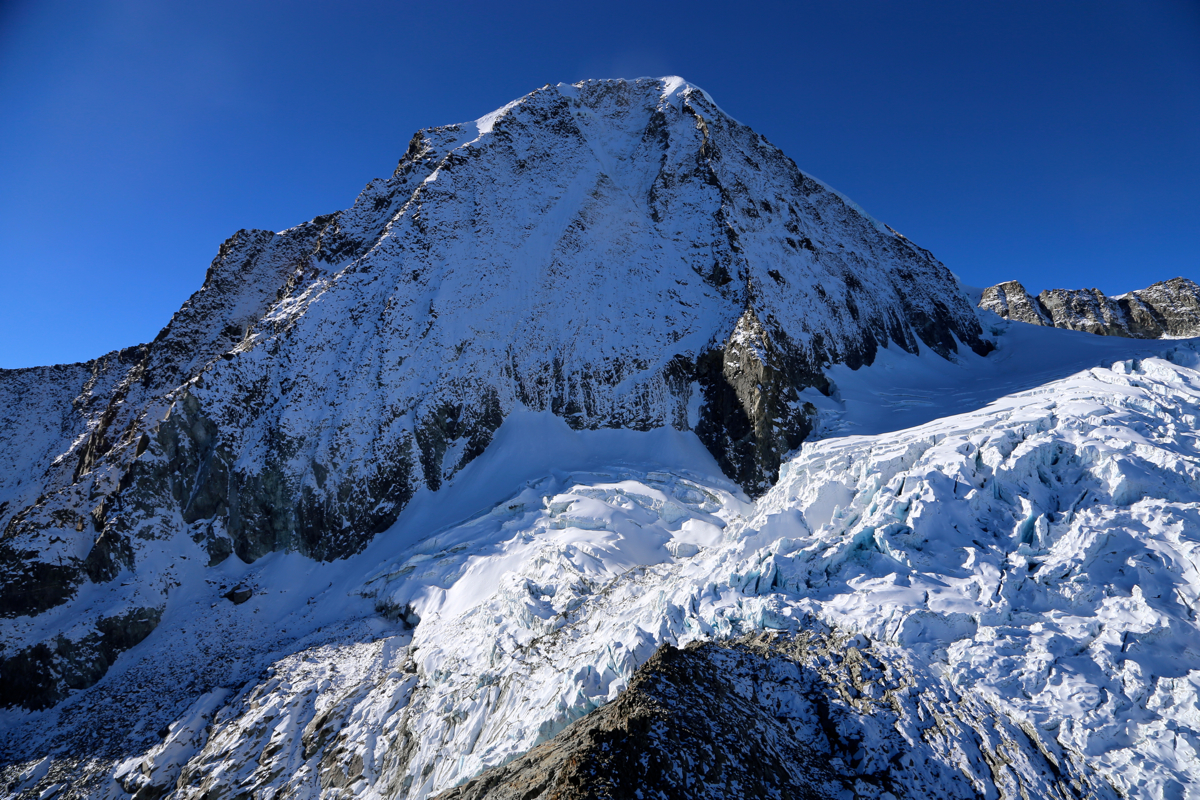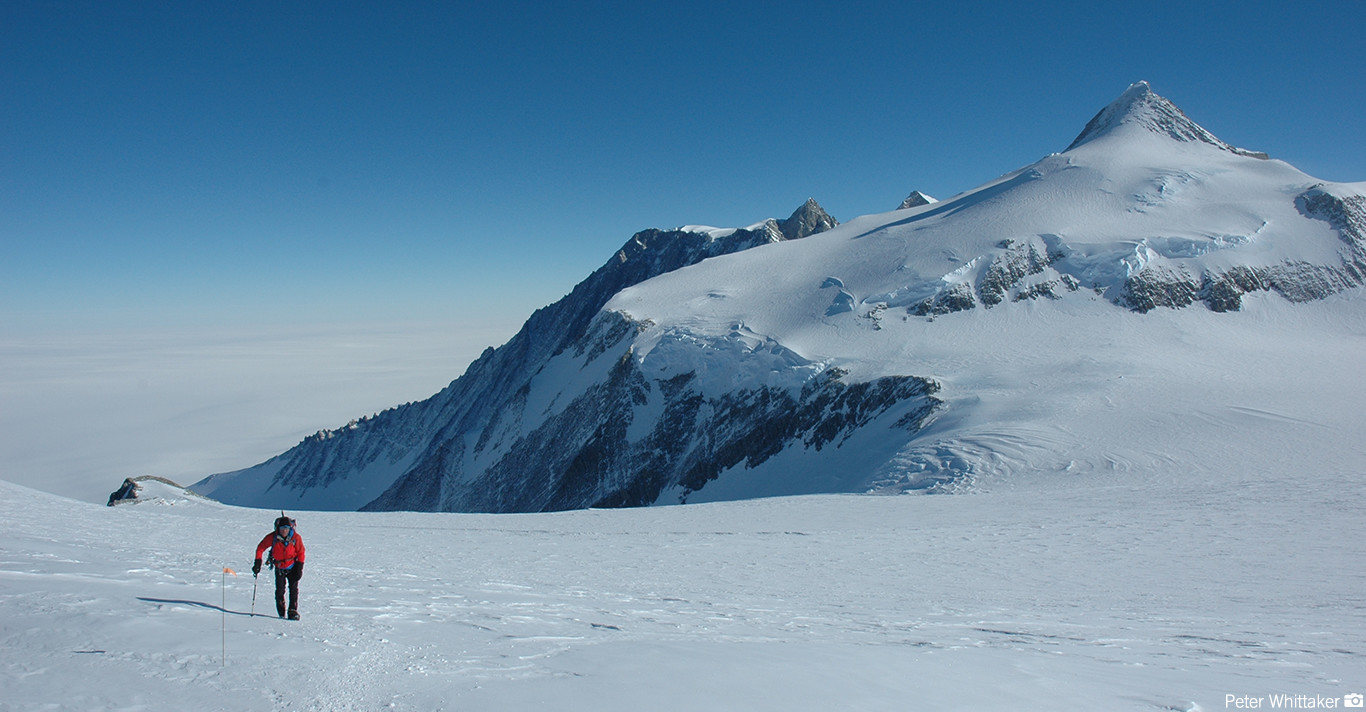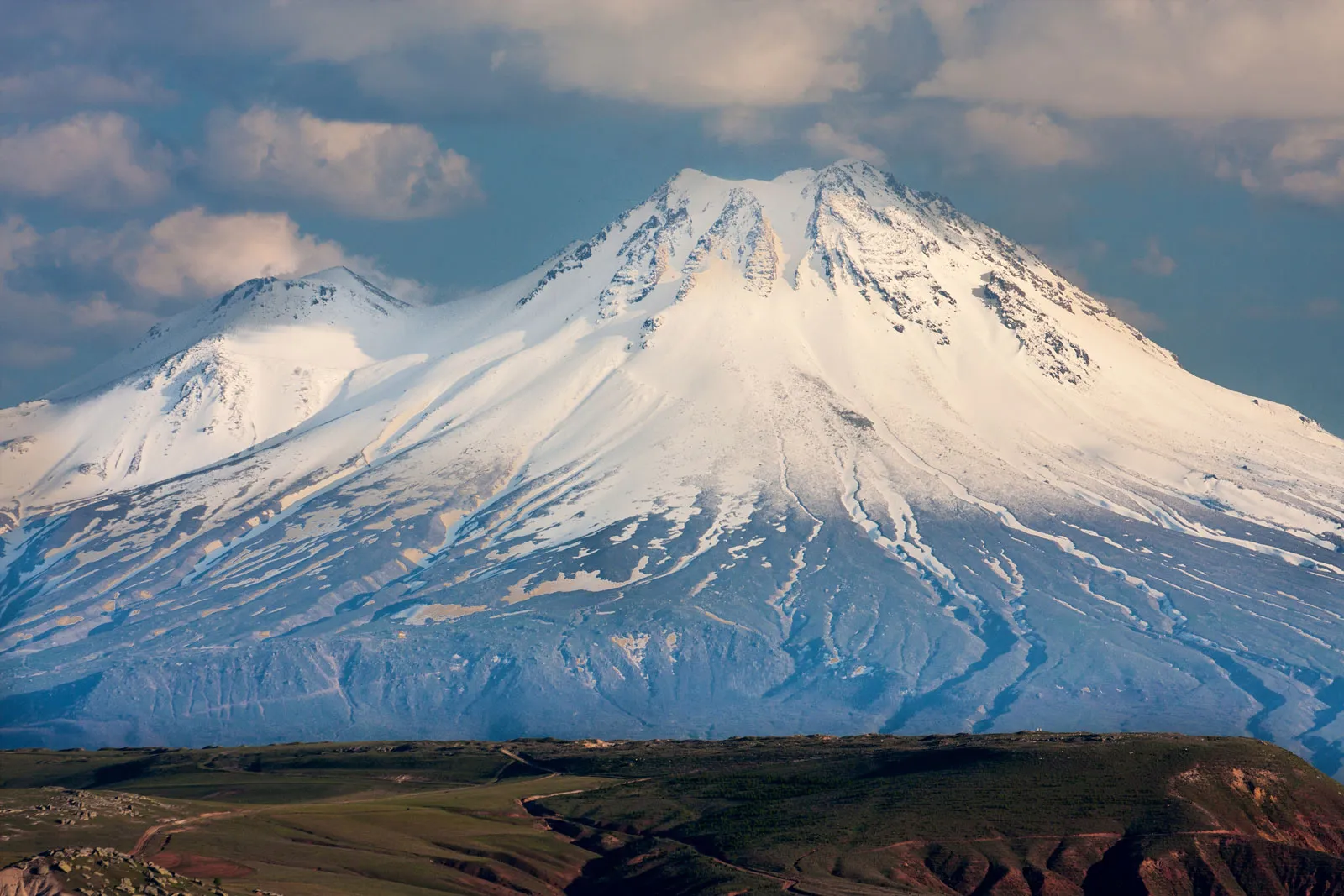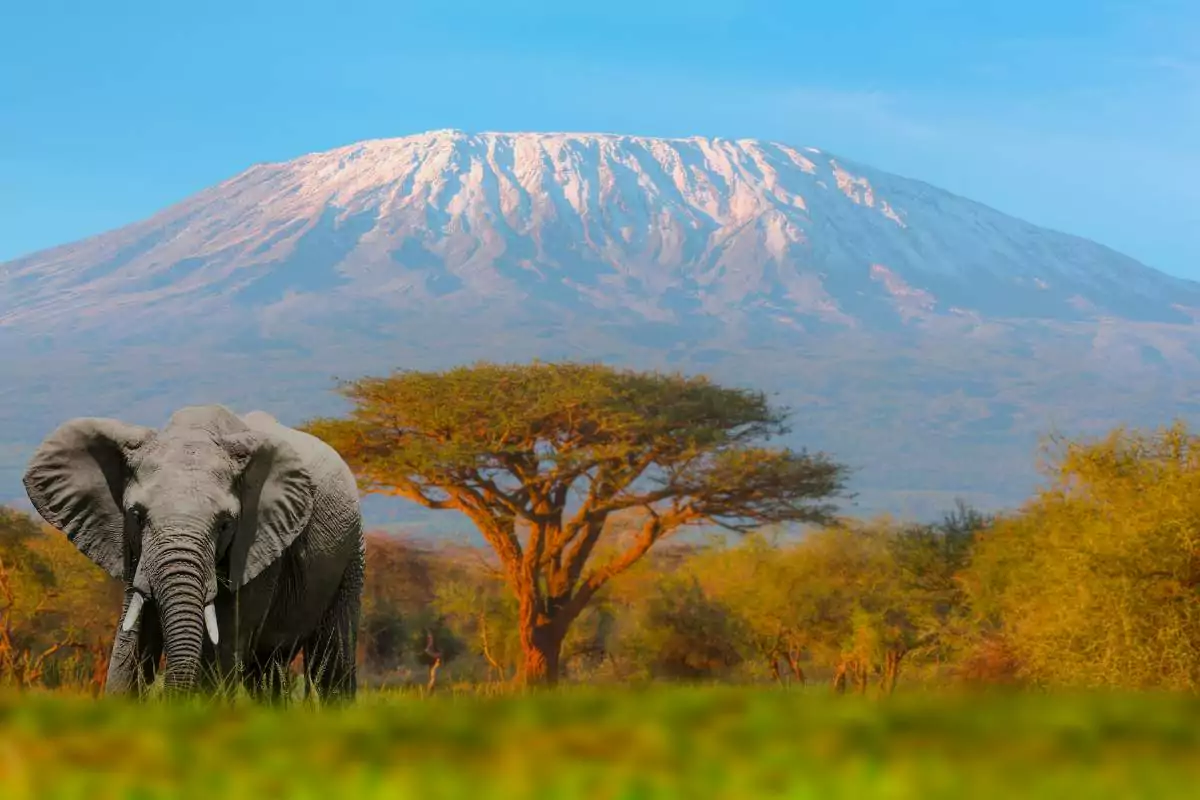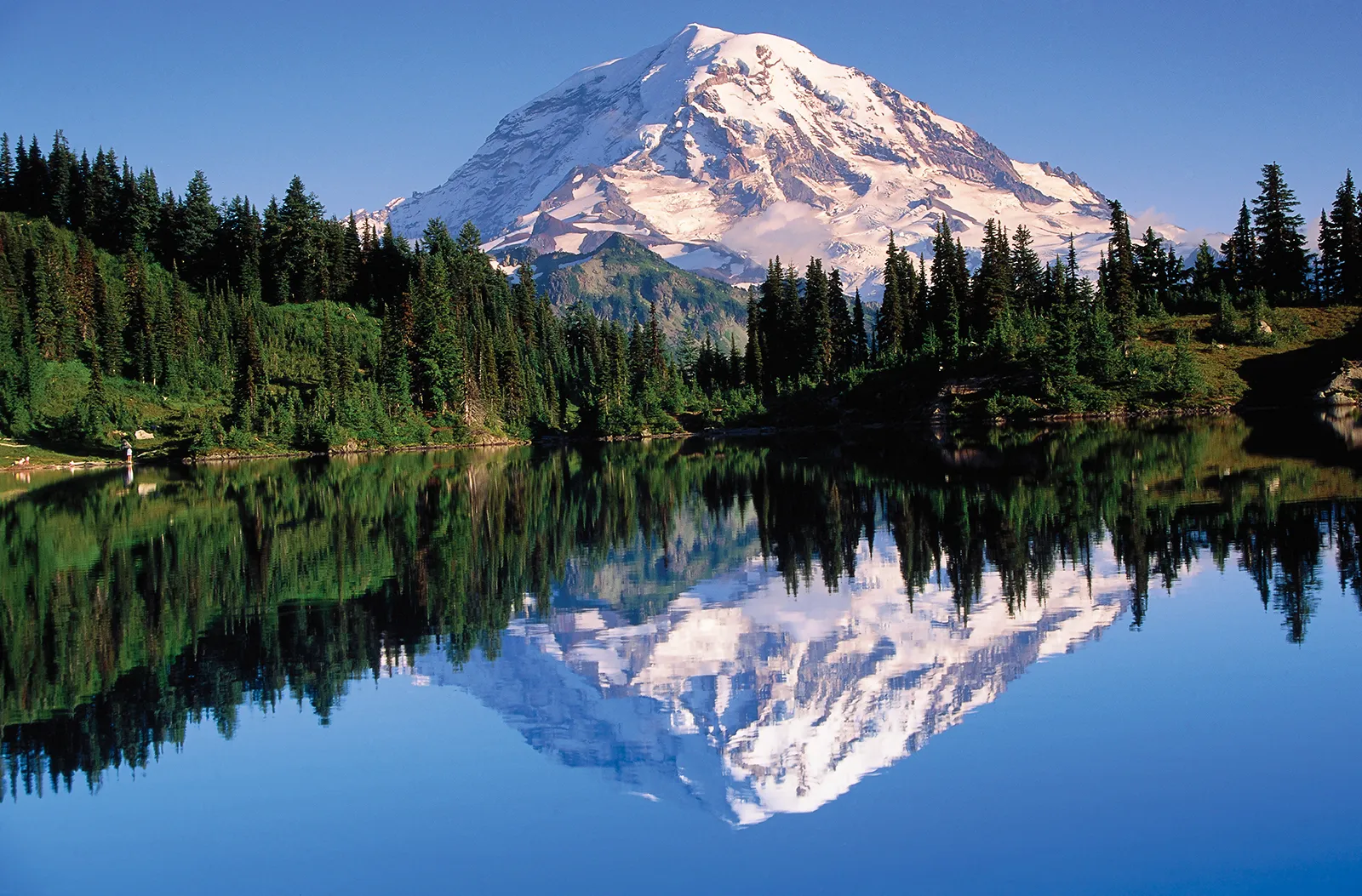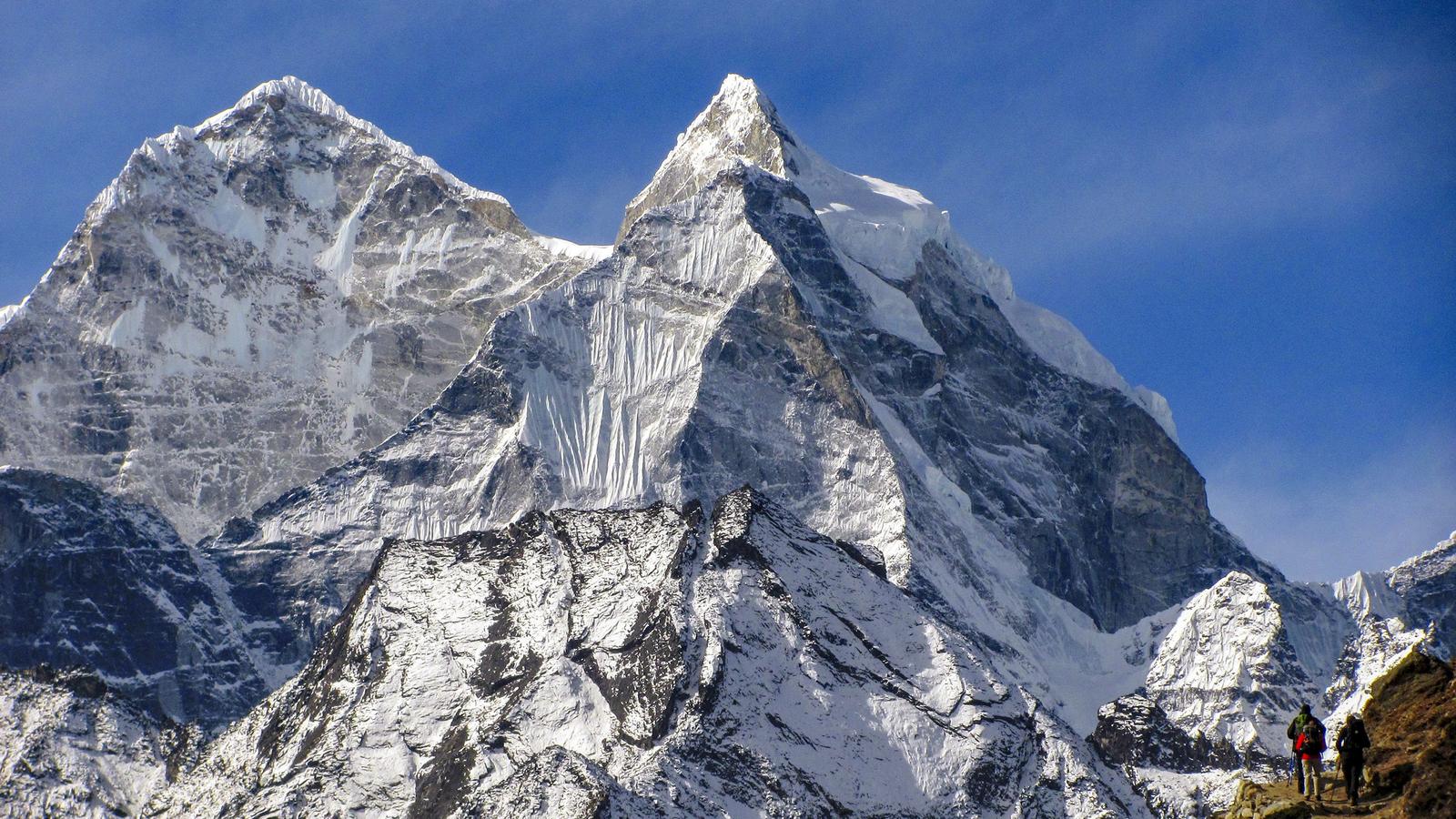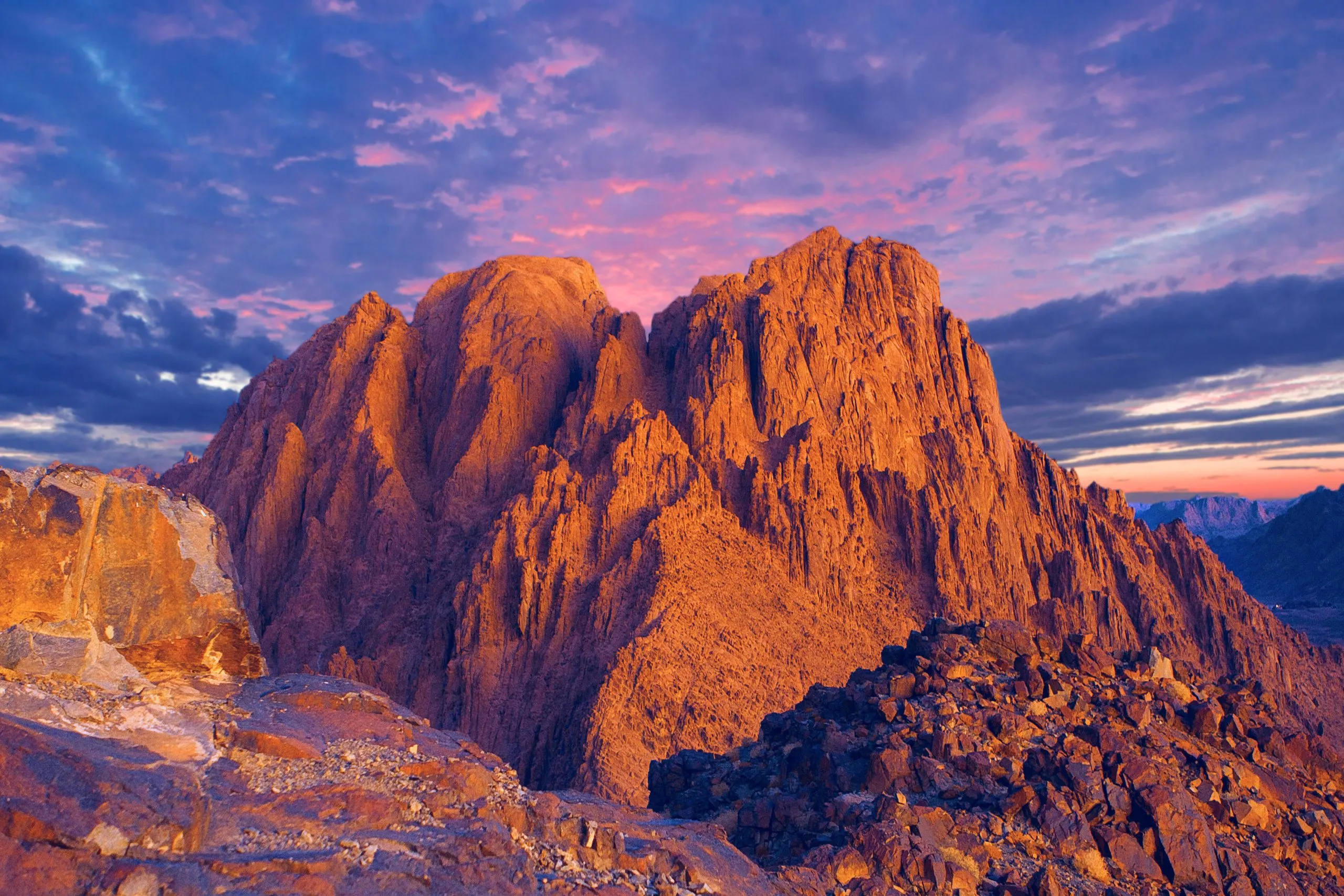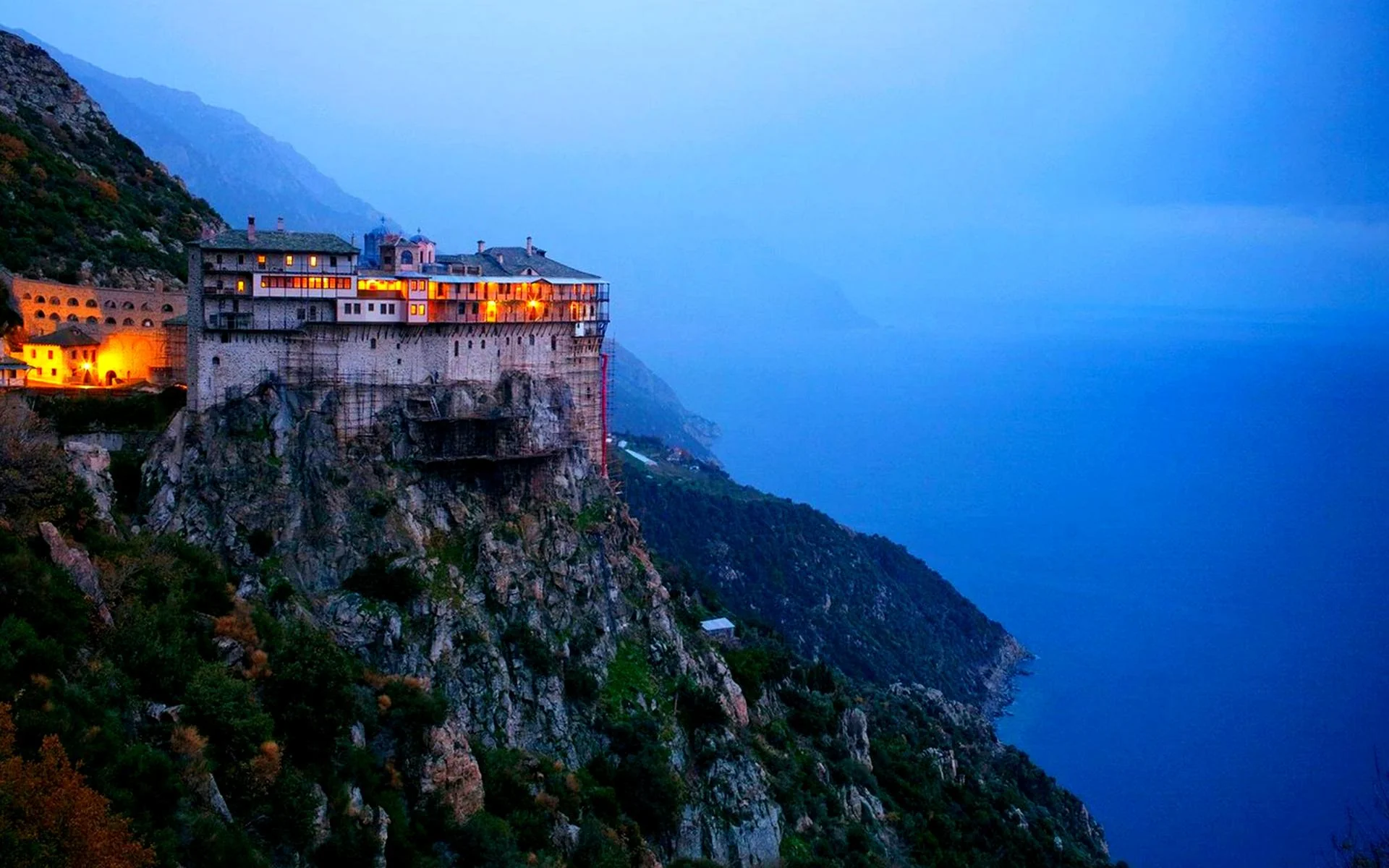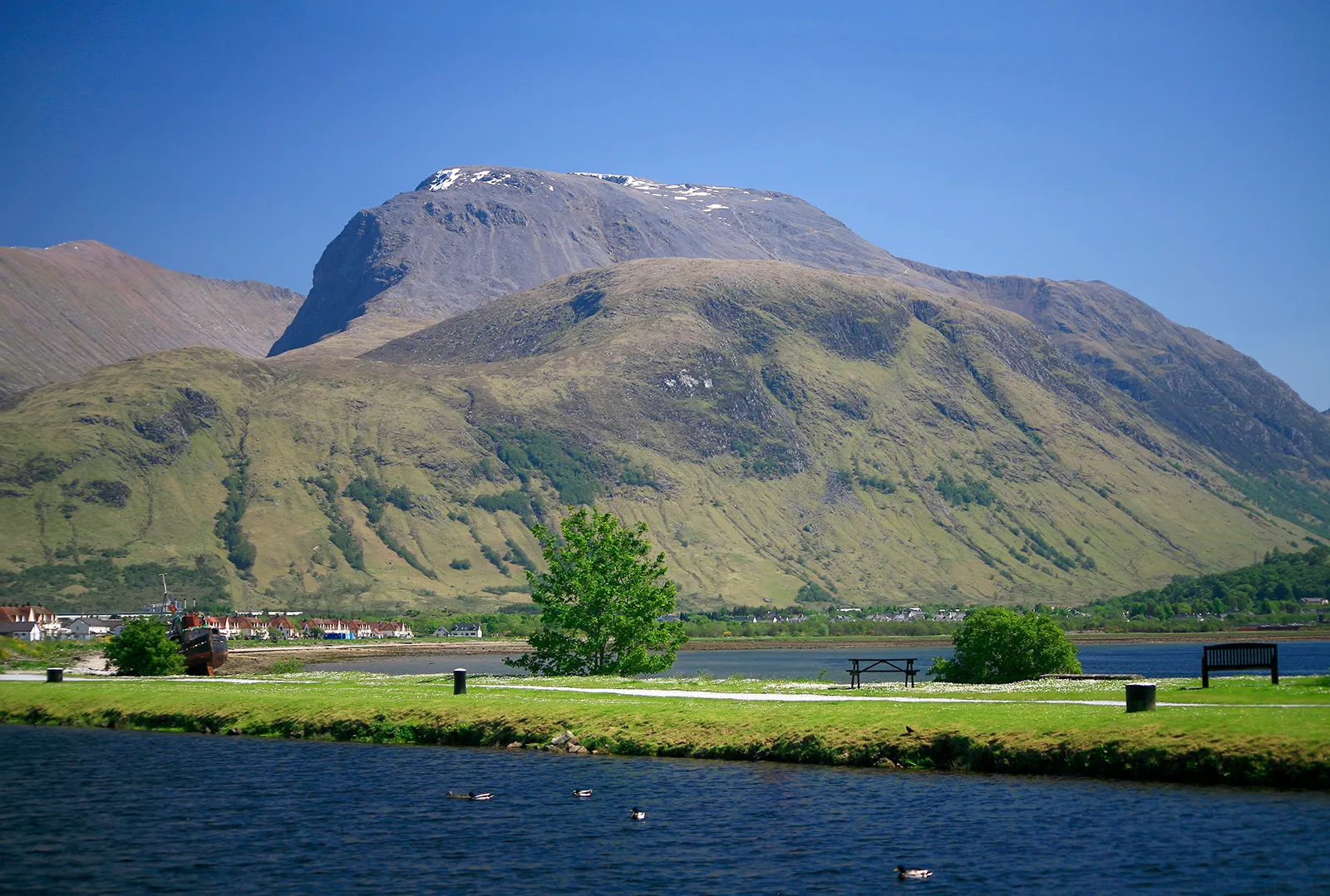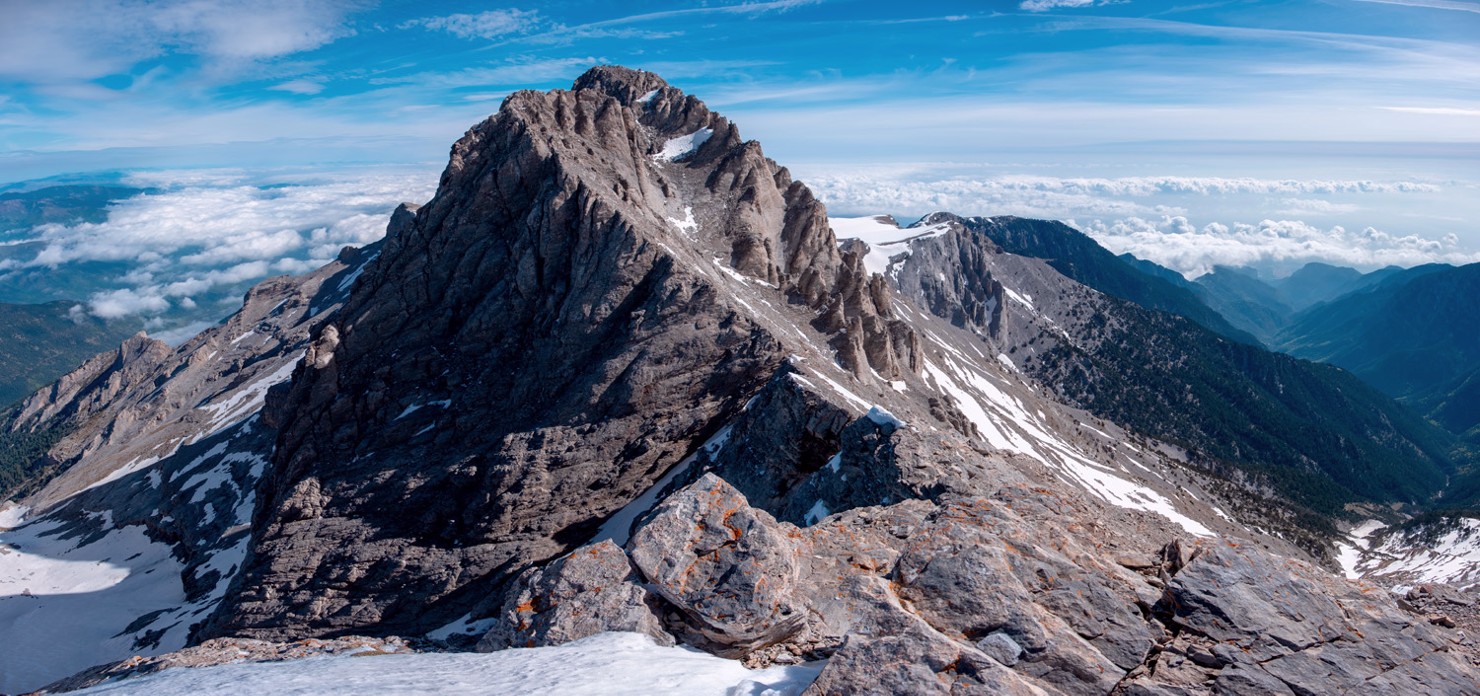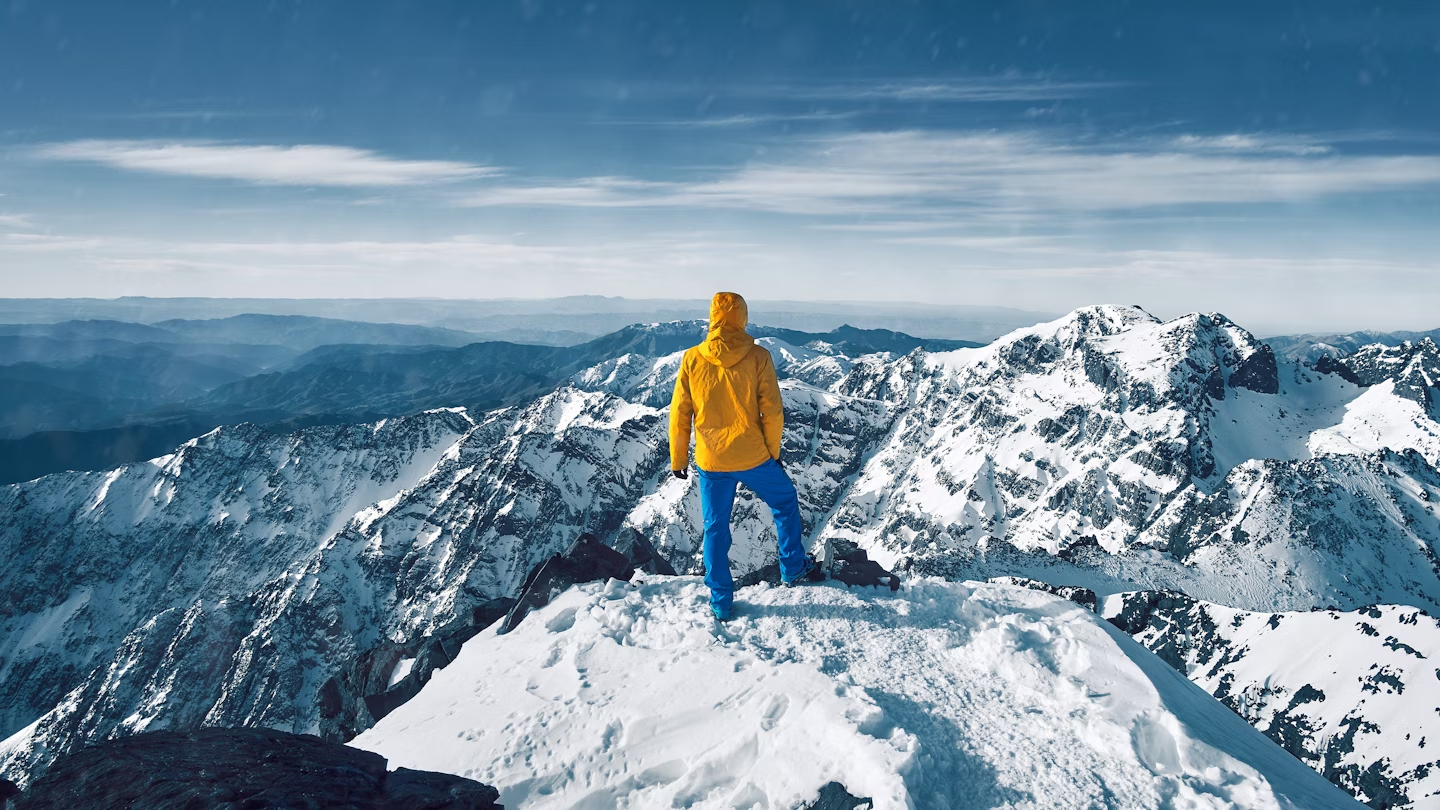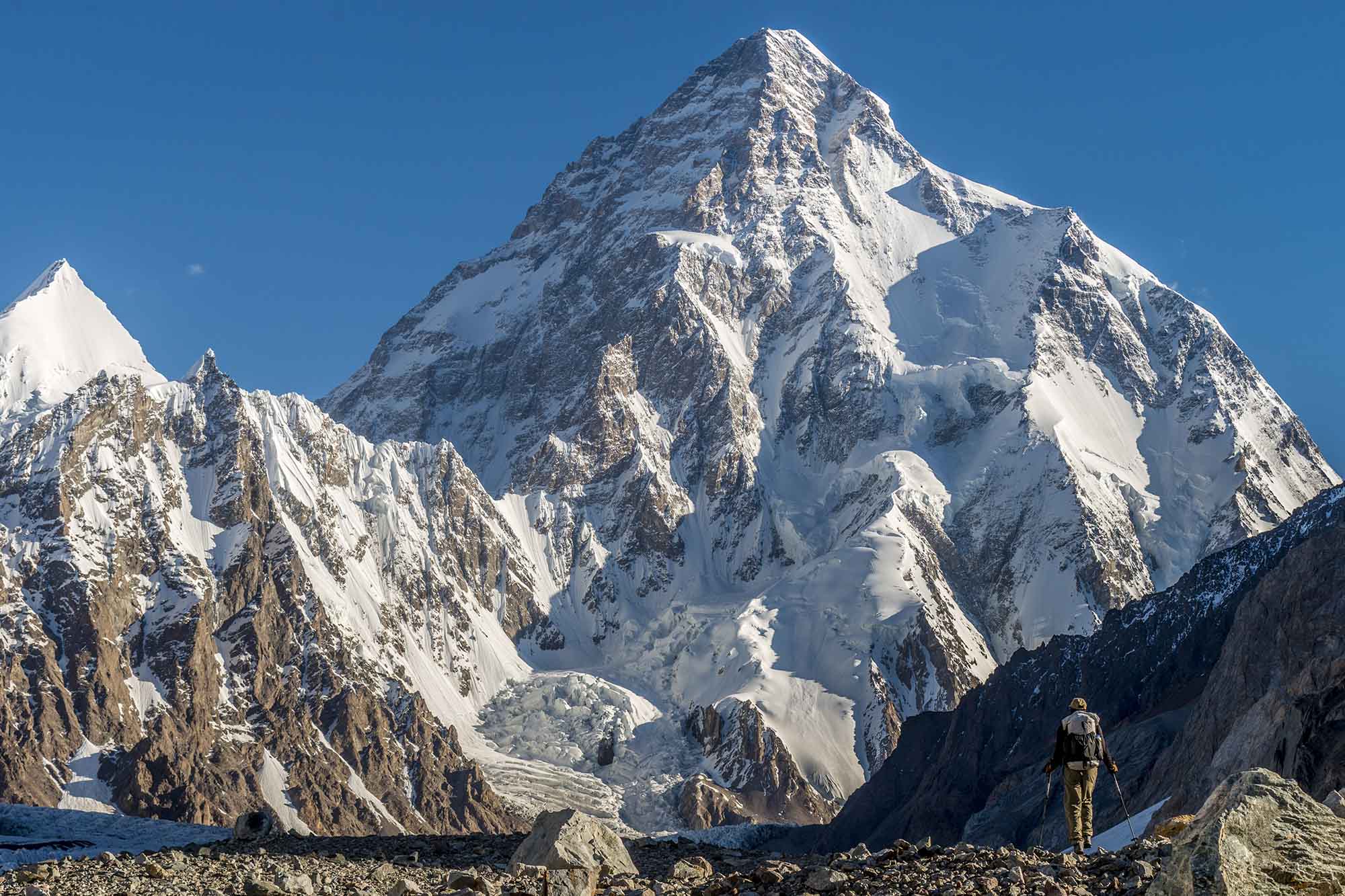Top 30 World Mountain Views - Awe-Inspiring Destinations You Must See
The most stunning world mountain views, hidden gems, and tips for experiencing nature’s best landscapes. Plan your next mountain adventure today!
Author:Sophia HarperReviewer:Liam JonesApr 08, 202525.3K Shares389.4K Views
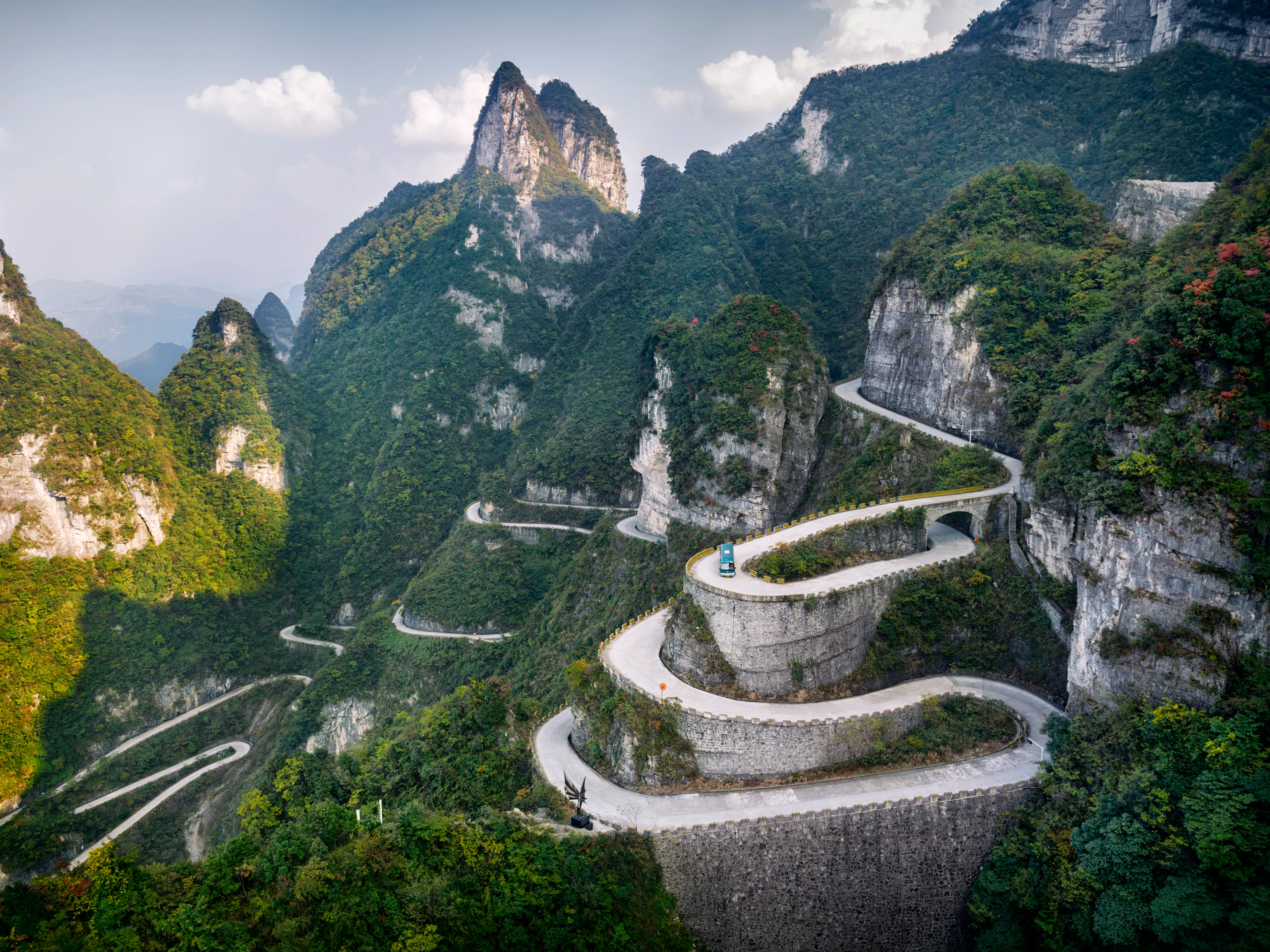
Mountains have always been more than just towering natural wonders; they are symbols of resilience, adventure, and tranquility. Whether you’re seeking solace in nature’s grandeur or chasing the thrill of high-altitude exploration, the world’s mountain views promise an unforgettable experience.
These vistas captivate travelers, inspire poets, and provide a haven for those in search of peace. We will take you on a journey to explore some of the most awe-inspiring mountain views around the globe. From iconic peaks to hidden gems, these landscapes offer a glimpse into the extraordinary beauty that our planet has to offer.
What Draws Us To Mountain Destinations?
They Evoke Awe & Wonder
Mountains inspire awe and wonder, representing journeys of self-discovery, challenges to conquer, and spaces of deep tranquility and spiritual comfort. Their majestic presence is captivating, with a history and cultural significancethat runs deep.
The awe they evoke is a profound emotion that reduces self-focus and strengthens our connection to something greater than ourselves.
Studies indicate that frequent encounters with breathtaking landscapes can enhance life satisfaction and alleviate stress something I have personally experienced. This emotional reaction is often paired with heightened generosity and a stronger sense of belonging to a larger whole.
The Significance Of Mountain Views
Mountains have a profound impact on human emotions and well-being. Research has shown that spending time in nature, especially in mountainous regions, can reduce stress, enhance creativity, and promote mental clarity. The sheer scale and beauty of mountains evoke feelings of humility and wonder, offering a welcome escape from the chaos of daily life.
Culturally, mountains have been revered for centuries. They are sacred in many traditions, from Mount Olympus in Greek mythology to the Himalayas in Hinduism and Buddhism.
These towering formations also serve as a testament to Earth’s geological history, showcasing the immense power of tectonic forces over millions of years. By exploring mountain views, we not only connect with nature but also with the stories and histories they hold.
Where To Go For “Peak” Adventure
Today, Journeys International offers mountain adventures across the globe, catering to various activity levels and preferences for comfort. If you’re seeking an experience to clear your mind, push your limits, and spark inspiration, one of our top mountain destination itineraries could be just what you need.
Top 30 Mountain Views Around The World
1. Mount Everest, Nepal
The world’s tallest peak needs no introduction. Mount Everest’s snow-capped summit, rising 8,849 meters above sea level, is a bucket-list destination for adventurers and nature lovers alike. Best experienced from Kala Patthar, the view offers a close-up of Everest and its neighboring peaks, Lhotse and Nuptse.
2. The Alps, Switzerland
Switzerland’s Alps offer a fairytale landscape of snow-dusted peaks, lush valleys, and charming villages. The Matterhorn, with its iconic pyramid shape, is one of the most photographed mountains in the world. Zermatt provides panoramic views that are perfect for both hikers and photographers.
3. Mount Kilimanjaro, Tanzania
As Africa’s highest peak, Mount Kilimanjaro offers an unparalleled view of the continent’s diverse ecosystems. From its base’s savannah plains to the glacier-capped summit, the mountain is a testament to nature’s beauty and resilience.
4. Andes Mountains, South America
Stretching across seven countries, the Andes are the longest mountain range in the world. Machu Picchu, perched high in the Peruvian Andes, combines natural beauty with historical intrigue, offering a breathtaking view of ancient ruins surrounded by misty peaks.
5. Rockies, North America
The Rocky Mountains are a paradise for outdoor enthusiasts. Banff National Park in Canada is particularly renowned for its pristine lakes, like Lake Louise, which reflect the surrounding peaks in crystal-clear waters.
6. Table Mountain, South Africa
This flat-topped mountain offers a panoramic view of Cape Town, the Atlantic Ocean, and the surrounding Cape Floristic Region. Accessible via hiking trails or a cable car, it’s a must-visit for anyone traveling to South Africa.
7. Mount Fuji, Japan
A symbol of Japan, Mount Fuji is renowned for its near-perfect symmetry and cultural significance. The view from Lake Kawaguchi or during the cherry blossom season is a sight that blends natural beauty with cultural heritage.
8. Denali, USA
Denali, North America’s tallest peak at 6,190 meters, dominates the Alaskan wilderness with its towering, glacier-clad presence. Located in Denali National Park, the mountain offers a mix of serene tundra and rugged alpine terrain. The best views can be enjoyed from Wonder Lake or while flying over its majestic peaks, where visitors can witness its sheer size and the surrounding wilderness.
9. Huangshan (Yellow Mountain), China
A UNESCO World Heritage Site, Huangshan is renowned for its ethereal granite peaks, ancient pine trees, and ever-shifting sea of clouds. Often referred to as the “most beautiful mountain in China,” it has inspired countless poets and artists over centuries. Lion Peak offers one of the best spots to catch the sunrise, painting the rocky cliffs and misty valleys in golden hues.
10. Dolomites, Italy
The Dolomites, a jagged limestone mountain range in northern Italy, are a paradise for hikers, climbers, and photographers. The dramatic peaks are interspersed with lush meadows and picturesque alpine villages. Tre Cime di Lavaredo is an iconic spot where visitors can admire the contrast between the rugged rock formations and the serene blue skies.
11. Mount Rinjani, Indonesia
Mount Rinjani, the second-highest volcano in Indonesia, offers a surreal trekking experience. Its massive crater lake, Segara Anak, glows an otherworldly blue, surrounded by lush tropical forests. The summit rewards hikers with panoramic views of the Indonesian archipelago, especially during sunrise when the islands appear to float on a golden sea.
12. Drakensberg, South Africa
The Drakensberg range, translating to “Dragon’s Mountains,” features dramatic cliffs, rolling green valleys, and ancient cave paintings. The Amphitheatre, a striking rock wall, is a must-see landmark. Hikers can follow trails leading to Tugela Falls, one of the world’s tallest waterfalls, cascading down its rocky facade.
13. Aoraki/Mount Cook, New Zealand
Aoraki/Mount Cook stands as New Zealand’s highest peak at 3,724 meters, surrounded by the stunning Southern Alps. Its glacial valleys, like Hooker Valley, offer accessible trails with stunning views of turquoise alpine lakes and towering snow-covered peaks. The mountain is a dream for photographers and stargazers alike.
14. El Capitan, USA
Nestled in Yosemite National Park, California, El Capitan is a massive granite monolith towering 900 meters above the valley floor. It’s a legendary spot for climbers, while non-climbers can enjoy its grandeur from Tunnel View or the serene meadows of Yosemite Valley, framed by cascading waterfalls.
15. Mount Elbrus, Russia
Europe’s highest peak at 5,642 meters, Mount Elbrus is a dormant volcano in the Caucasus Mountains. Its twin peaks are covered in snow year-round, offering an otherworldly landscape. Cable cars take visitors up to 3,800 meters, where sweeping views of the surrounding glaciers and valleys await.
16. Mount Fitz Roy, Argentina/Chile
Mount Fitz Roy, also known as Cerro Chaltén, is a jagged granite peak located in Patagonia. Its rugged beauty is best appreciated from Laguna de los Tres, where the turquoise waters reflect the towering spires. The mountain is a favorite for adventure seekers and offers a remote wilderness experience.
17. Mount Kosciuszko, Australia
Standing at 2,228 meters, Mount Kosciuszko is Australia’s tallest peak. It’s easily accessible via scenic walking trails, offering breathtaking views of the Snowy Mountains’ rolling hills and alpine wildflowers. The summit is a popular destinationfor both hikers and cyclists.
18. Pico Cristóbal Colón, Colombia
Nestled in the Sierra Nevada de Santa Marta range, Pico Cristóbal Colón rises to 5,700 meters, making it Colombia’s highest peak. The mountain offers a unique mix of tropical and snowy landscapes, with nearby indigenous villages adding a cultural dimension to its beauty.
19. Vinson Massif, Antarctica
Located in the remote Ellsworth Mountains, Vinson Massifis Antarctica’s highest peak at 4,892 meters. The mountain is blanketed in pristine white ice, surrounded by endless frozen plains. Its unspoiled beauty and extreme isolation make it a dream destination for the most adventurous travelers.
20. Mount Ararat, Turkey
Towering at 5,137 meters, Mount Ararat is a dormant volcano steeped in biblical lore, believed by some to be the resting place of Noah’s Ark. The mountain’s snow-capped cone rises dramatically from the surrounding plains, offering breathtaking views of Eastern Turkey.
21. Mount Kenya, Kenya
Mount Kenya, Africa’s second-highest peak at 5,199 meters, features a series of rugged peaks and emerald-green slopes. Its unique ecosystems, including alpine forests and glaciers, make it a UNESCO World Heritage Site. Point Lenana, the most accessible summit, offers stunning views of the African landscape.
22. Mount Rainier, USA
An iconic peak in Washington State, Mount Rainier is an active volcano surrounded by lush forests and colorful wildflower meadows. At 4,392 meters, its glacier-clad summit offers stunning vistas, while Paradise and Sunrise areas provide accessible viewpoints.
23. Annapurna, Nepal
The Annapurna Massif, a series of peaks over 8,000 meters, is famous for its challenging treks and spectacular scenery. The Annapurna Circuit offers breathtaking views of snowy peaks, terraced fields, and traditional mountain villages.
24. Mount Sinai, Egypt
Rising 2,285 meters above the Sinai Peninsula, Mount Sinai is both a spiritual and scenic landmark. Hikers often ascend before dawn to witness the sunrise, which bathes the rugged landscape in warm golden light.
25. Mount Athos, Greece
Mount Athos, at 2,033 meters, is home to a monastic community and is a site of cultural and natural significance. Its forested slopes and serene coastline offer a tranquil retreat for travelers seeking solitude.
26. Ben Nevis, Scotland
Scotland’s highest mountain, Ben Nevis, rises 1,345 meters above the rugged Highlands. Its mist-shrouded peaks and dramatic cliffs attract hikers seeking both challenge and stunning views of the surrounding glens.
27. Mount Olympus, Greece
Steeped in mythology, Mount Olympus is said to be the home of the Greek gods. The 2,917-meter peak offers striking views of deep gorges and rocky ridges, with a mystical atmosphere that draws adventurers and history enthusiasts.
28. Mount Toubkal, Morocco
The tallest peak in North Africa at 4,167 meters, Mount Toubkal offers stunning views of the Atlas Mountains. The summit trek passes through traditional Berber villages and rugged valleys, rewarding climbers with panoramic vistas of the Moroccan landscape.
29. K2, Pakistan/China
The world’s second-highest mountain, K2, stands at 8,611 meters in the Karakoram Range. Known for its challenging ascent, the mountain offers unparalleled views of jagged peaks and pristine glaciers from the base camp at Concordia.
30. Mount Kirkjufell: Iceland
Mount Kirkjufell, Iceland’s most photographed mountain, captivates visitors with its stunning beauty. Surrounded by cascading waterfalls, nearby beaches, and picturesque Scandinavian towns, it offers a truly breathtaking natural landscape.
Hidden Gems: Lesser-Known Mountain Views
Rwenzori Mountains, Uganda
Known as the “Mountains of the Moon,” the Rwenzori range is a UNESCO World Heritage site. Its dramatic peaks, glaciers, and unique vegetation make it a dream destination for adventurers seeking off-the-beaten-path experiences.
Fitz Roy, Argentina
Nestled in Patagonia, Fitz Roy is a striking peak that attracts climbers and photographers. Its jagged silhouette is often reflected in the serene waters of Laguna de los Tres, creating a picture-perfect scene.
Drakensberg, South Africa
This mountain range boasts dramatic cliffs, lush valleys, and ancient rock art. The Amphitheatre, a massive rock wall, is one of the most impressive natural features in the region.
You Might Like: 15 Most Eco-Friendly Travel Destinations To Visit In 2025
The Timeless Lure Of Mountains
Mountains offer a journey unlike any other a profound exploration of both the self and the world beyond. Having personally experienced the unique gifts these majestic natural wonders provide, I have several breathtaking mountain vistas on my travelbucket list.
I will always encourage others to embark on their own mountain adventures. Journeys International is dedicated to helping travelers immerse themselves in these awe-inspiring landscapes, offering expert guidance and a commitment to sustainable travel.
Whether conquering the snow-capped peaks of the Himalayas or navigating the rugged trails of Patagonia, these mountain expeditions reignite our sense of wonder and deepen our appreciation for the natural world with every step.
The Best Ways To Experience Mountain Views
- Hiking:Lace up your boots and take to the trails. Whether it’s a multi-day trek or a short hike, mountains are best experienced on foot.
- Scenic Flights:For a bird’s-eye view, opt for a helicopter or small plane tour. This is especially popular in regions like the Himalayas and the Alps.
- Photography Expeditions:Capture the beauty of mountain landscapes with professional or amateur photography trips.
- Cultural Immersion:Visit mountain villages to experience local traditions, cuisines, and ways of life.
- Eco-Friendly Travel:Minimize your environmental impact by choosing sustainable options, such as electric trains or group tours.
FAQs About World Mountain Views
What Are The Best Seasons To Visit Mountain Destinations?
The best season depends on the region. For instance, the Alps are ideal in summer for hiking and winter for skiing. Similarly, the Himalayas are best visited in spring or autumn for clear views and pleasant weather.
How Do I Prepare For High-altitude Hiking?
Acclimatization is key. Spend a few days at a moderate altitude before ascending higher. Stay hydrated, avoid alcohol, and listen to your body for signs of altitude sickness.
What Are The Top Eco-friendly Ways To Explore Mountains?
Choose public transport, stay in eco-friendly accommodations, and support local communities by buying locally sourced products.
Are There Family-friendly Mountain Destinations?
Yes, destinationslike the Rockies, Swiss Alps, and Table Mountain offer accessible trails and activities suitable for all ages.
Can I Enjoy Mountain Views Without Hiking?
Absolutely. Scenic drives, cable cars, and viewpoints make mountain vistas accessible to everyone, regardless of physical ability.
Final Thoughts On World Mountain Views
Mountain views have a way of touching the soul, reminding us of nature’s majesty and our place within it. From iconic peaks like Everest and Fuji to hidden gems like Fitz Roy, these landscapes offer beauty, adventure, and serenity. Whether you choose to hike, photograph, or simply admire from afar, the mountains are calling—and it’s time to answer.
Jump to
What Draws Us To Mountain Destinations?
The Significance Of Mountain Views
Where To Go For “Peak” Adventure
Top 30 Mountain Views Around The World
Hidden Gems: Lesser-Known Mountain Views
The Timeless Lure Of Mountains
The Best Ways To Experience Mountain Views
FAQs About World Mountain Views
Final Thoughts On World Mountain Views

Sophia Harper
Author
Sophia Harper’s photography acts as a portal to the soul of the places she visits. Drawn to South America’s landscapes and cultures, she has spent years capturing everything from the majesty of ancient ruins to the vibrancy of urban streets.
Sophia’s work isn’t just about documenting moments; it’s about evoking the emotions and stories behind them. A dedicated photographer, she has worked with local communities across South America to capture their rich cultural narratives through her lens.

Liam Jones
Reviewer
Liam Jones has made it his mission to prove that adventure doesn’t need a hefty budget. Having traveled to over 40 countries, he specializes in finding affordable ways to experience the world, from the best street food in Bangkok to hidden gems in Lisbon.
Liam’s travel tips have reached thousands of readers, empowering them to see the world on a shoestring budget without sacrificing quality. With a deep passion for local cultures, he continues to share his travel hacks, ensuring adventure remains accessible to all.
Latest Articles
Popular Articles
